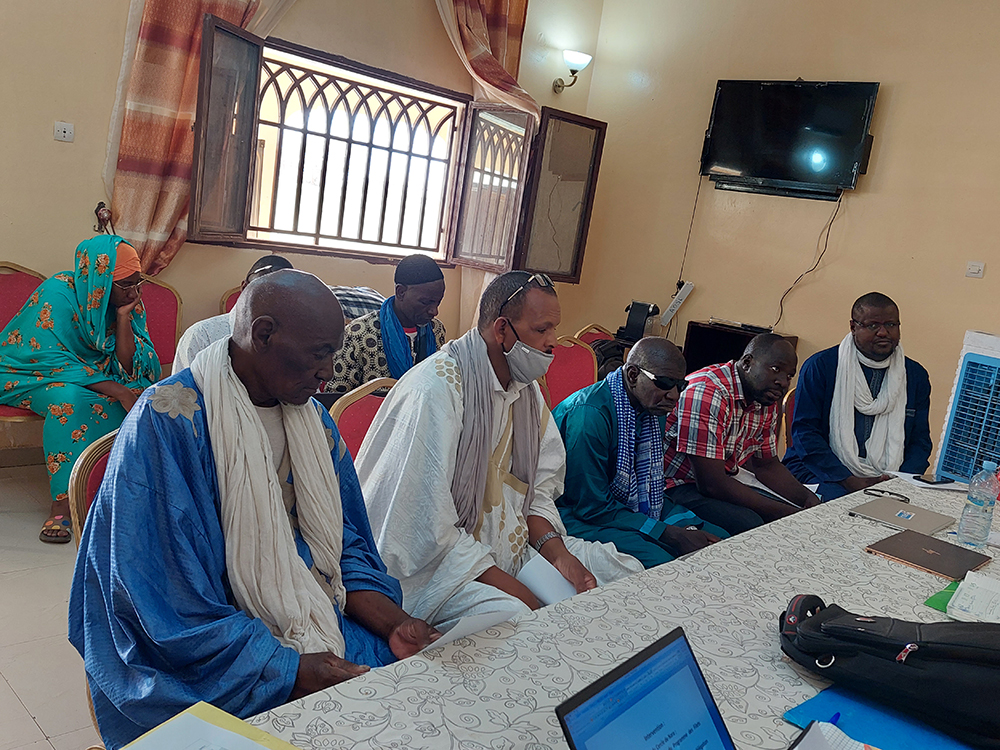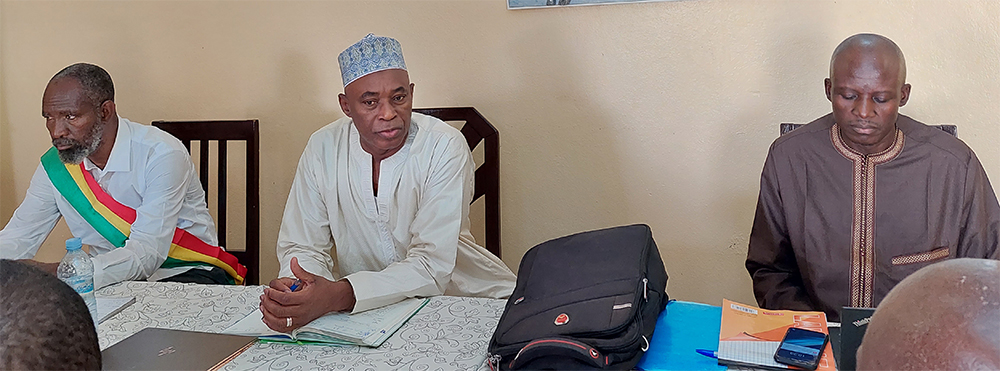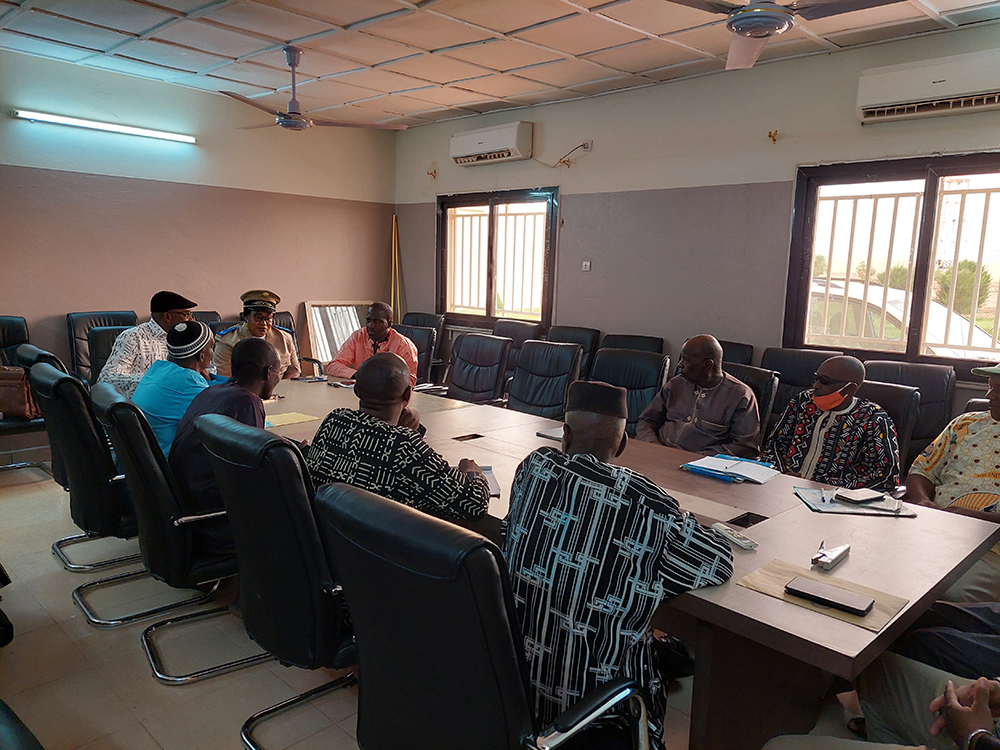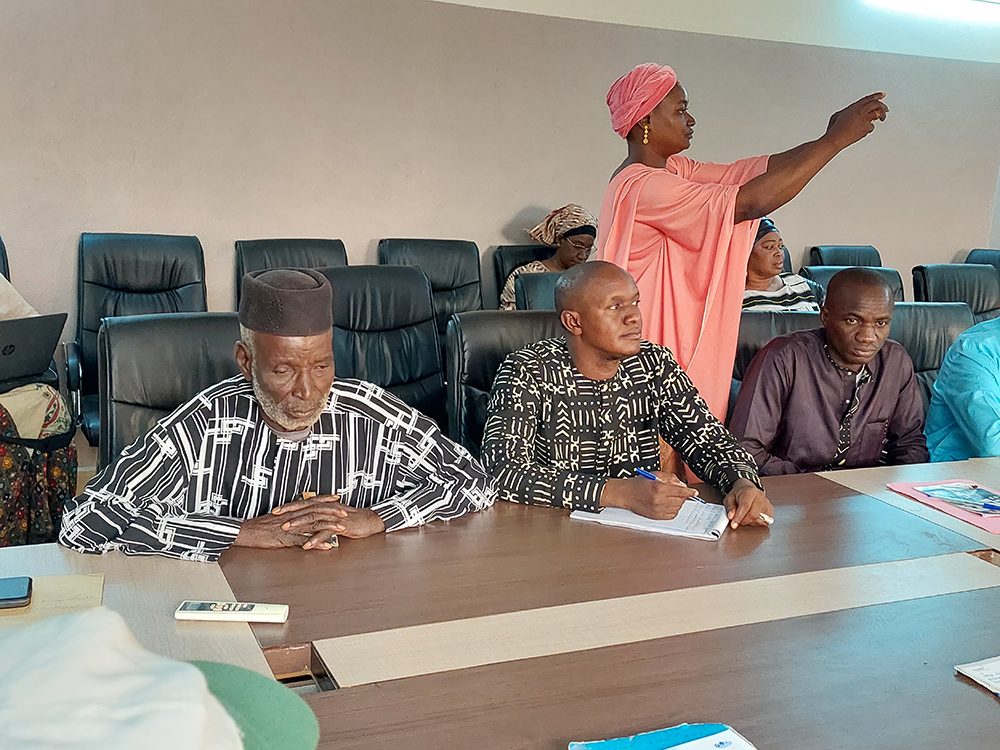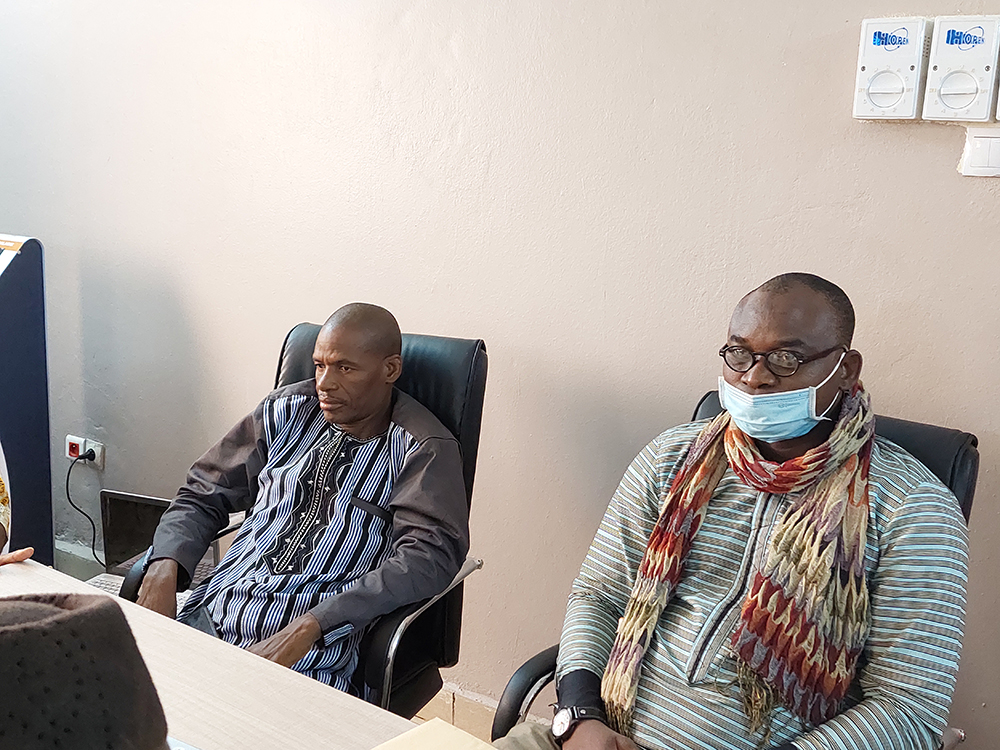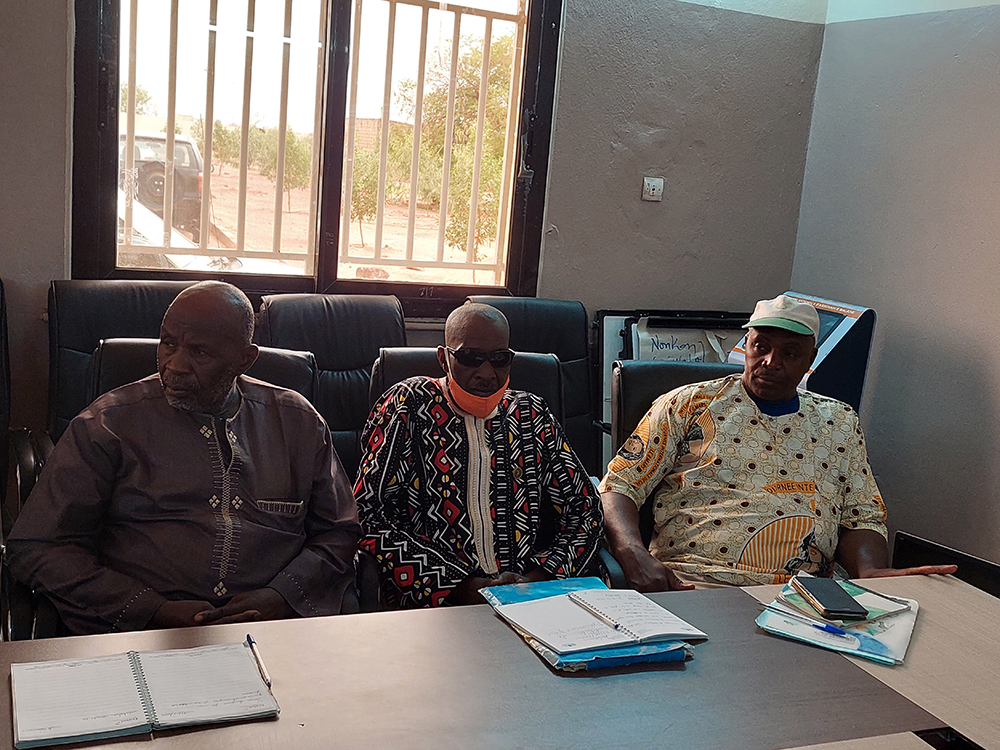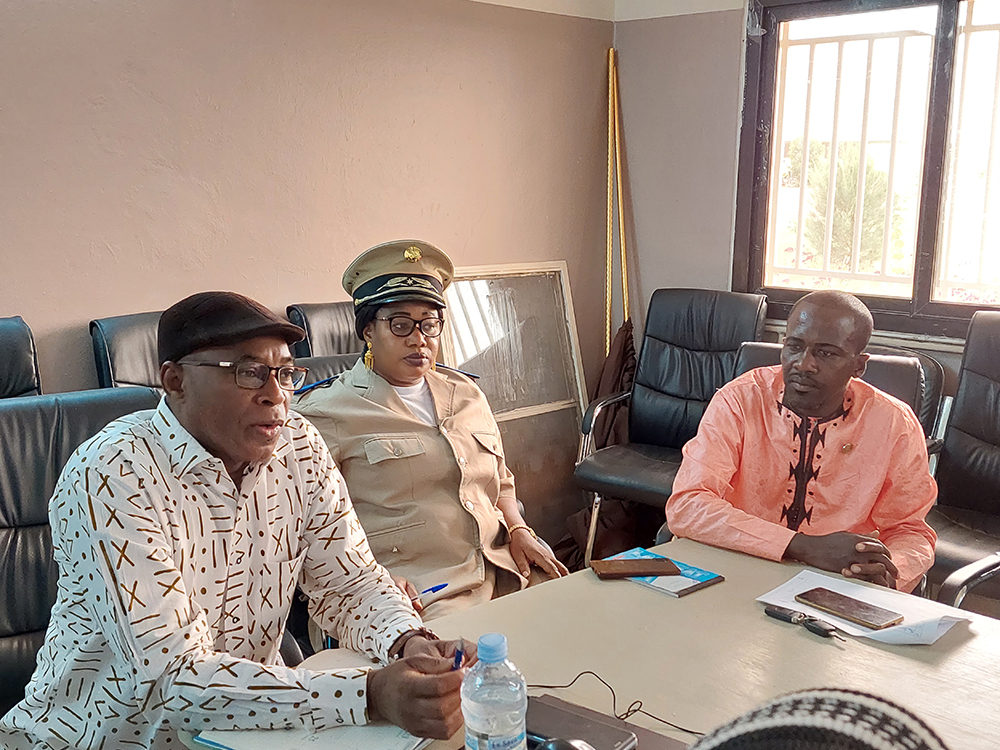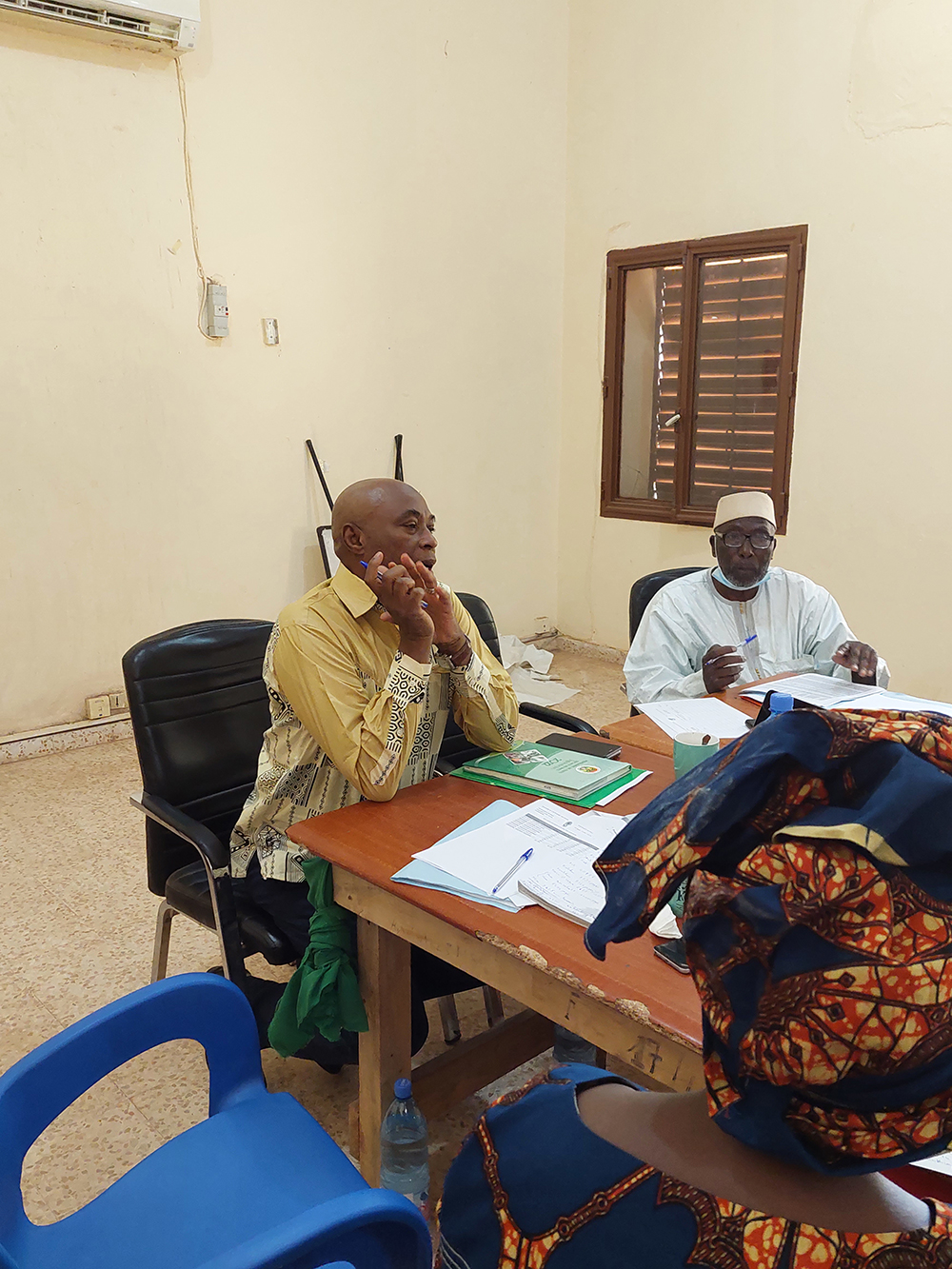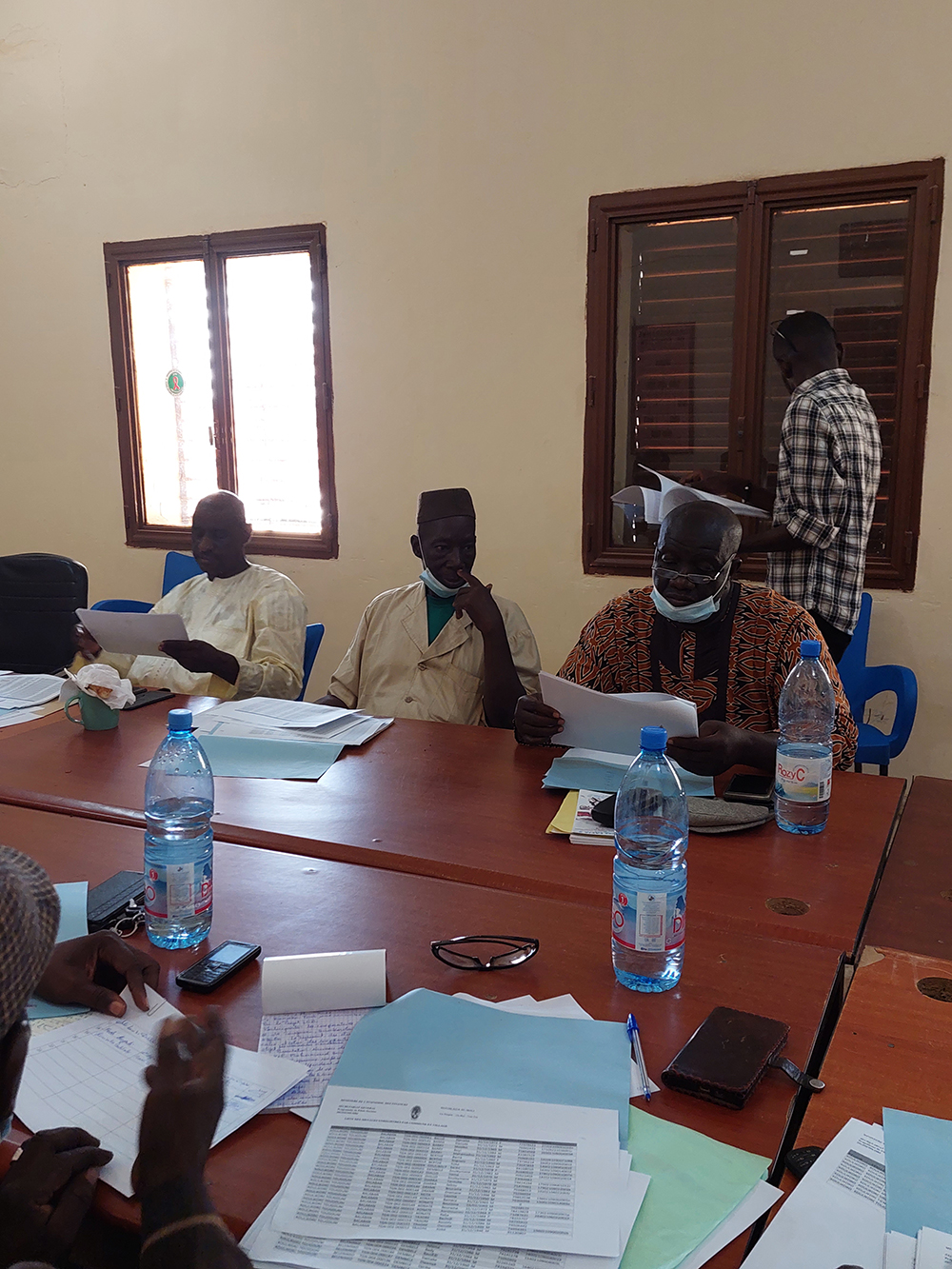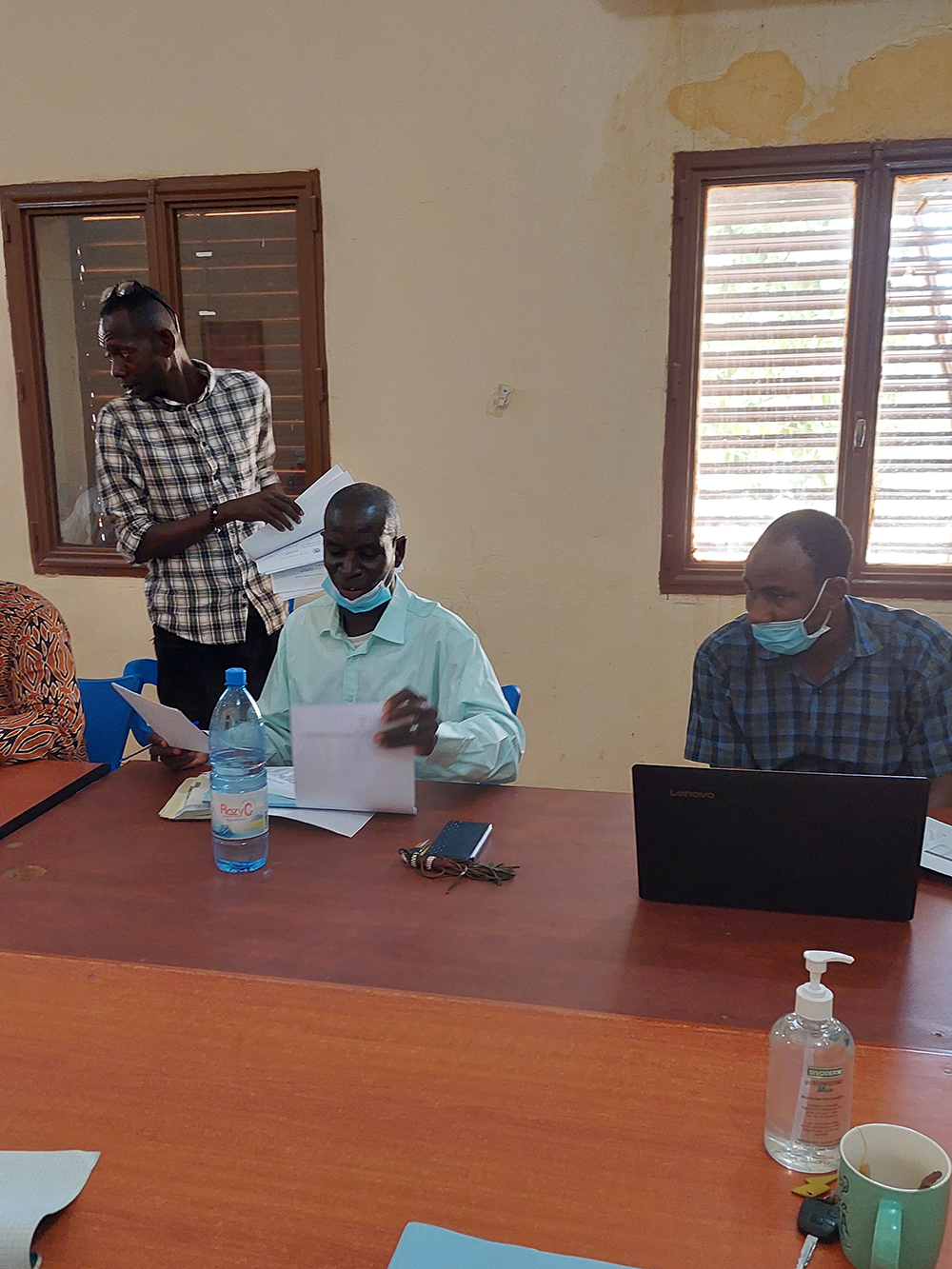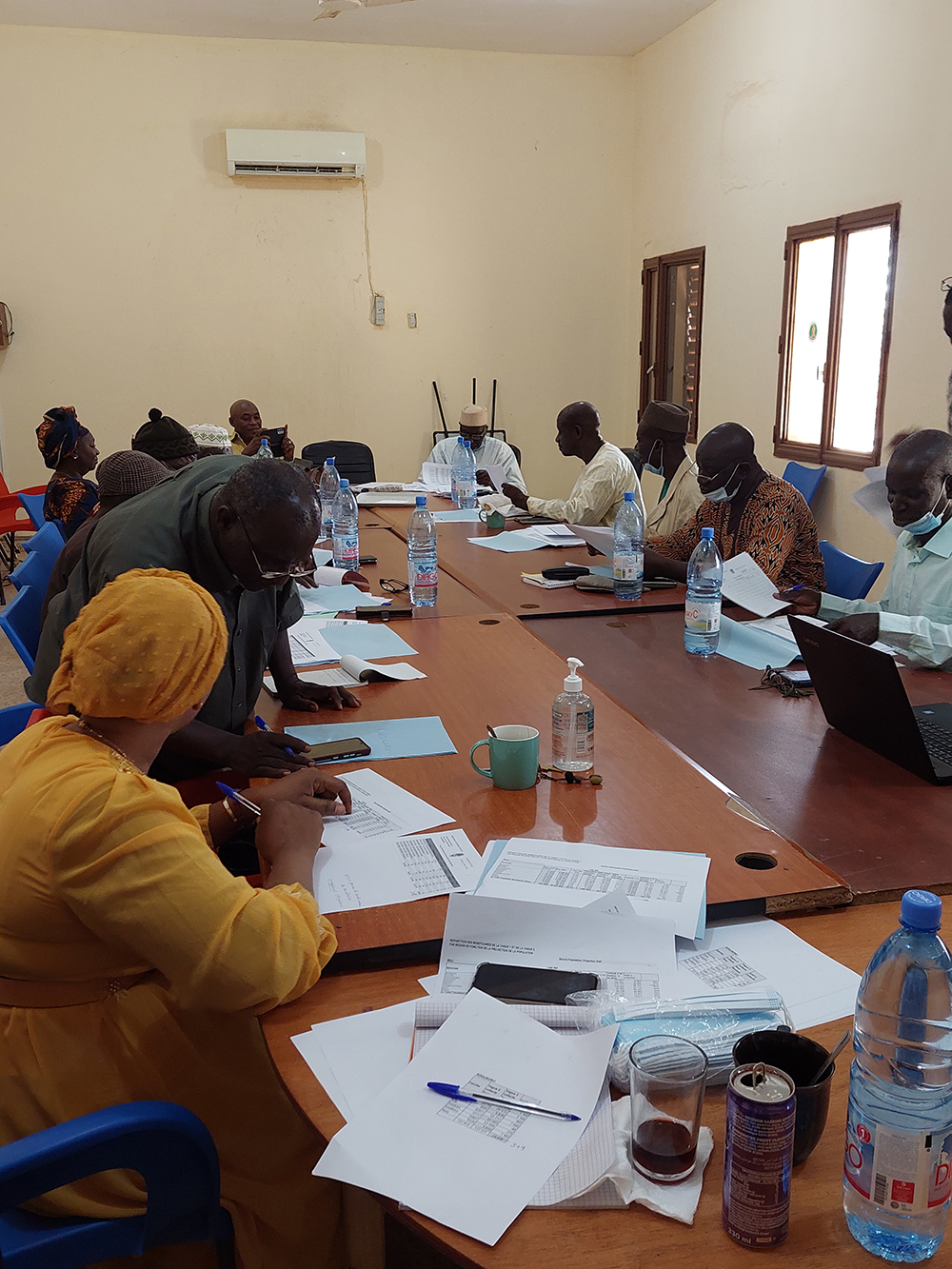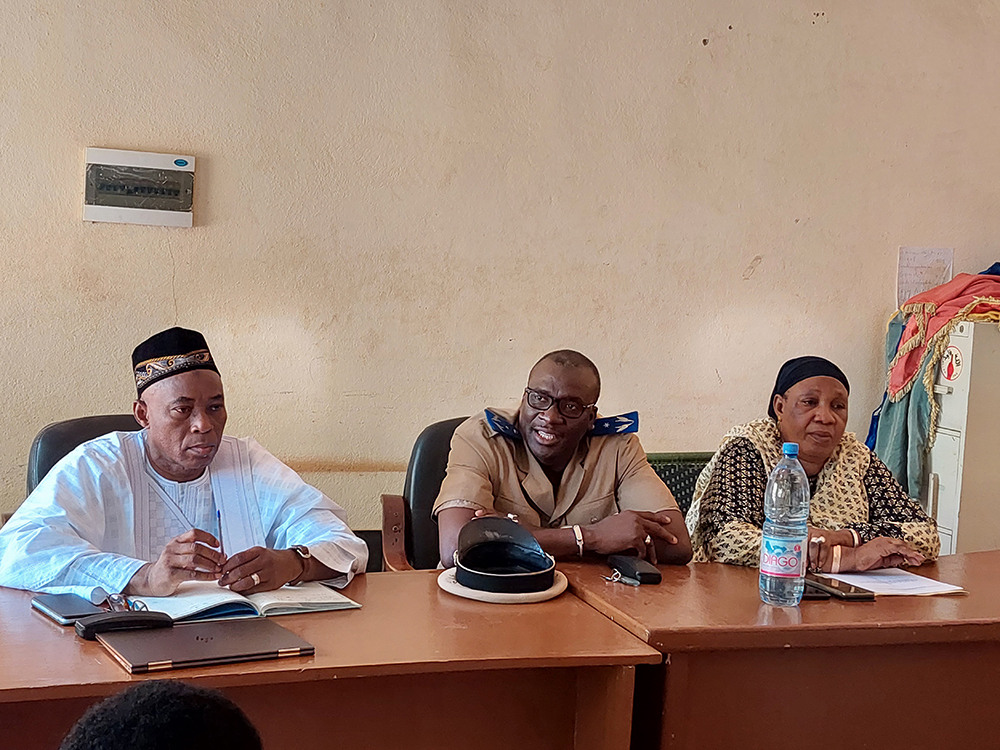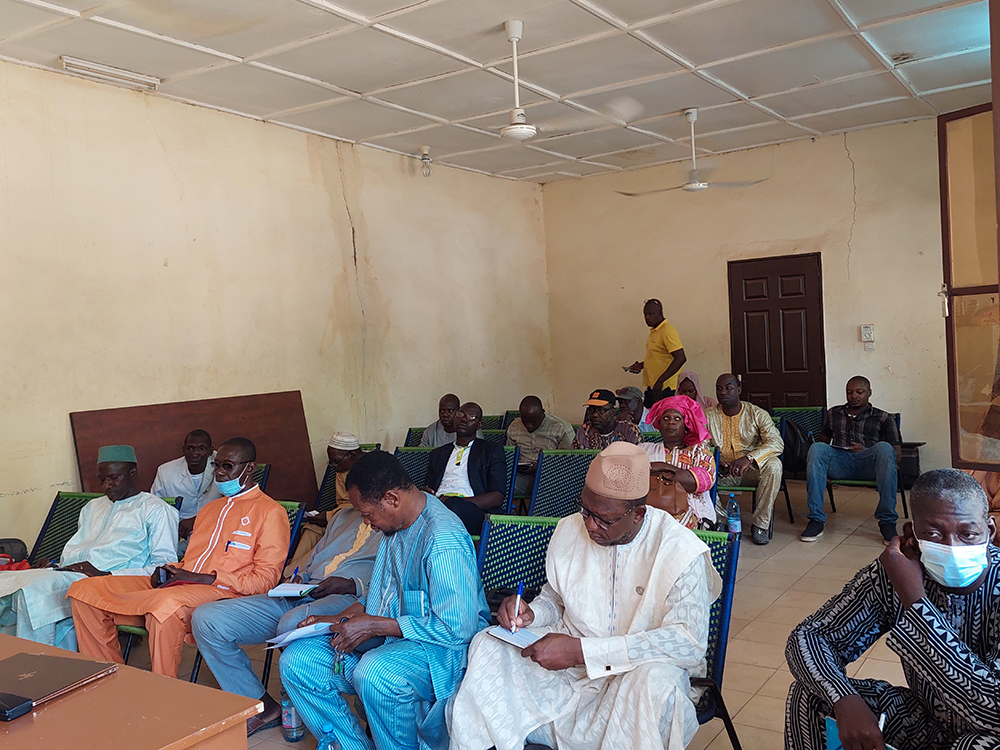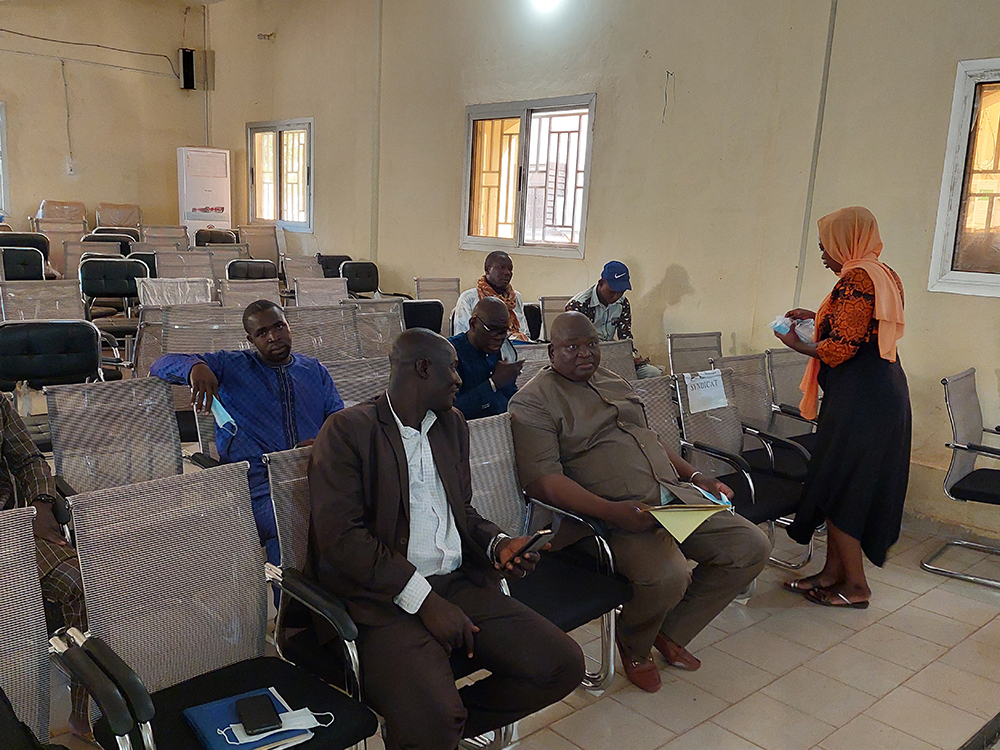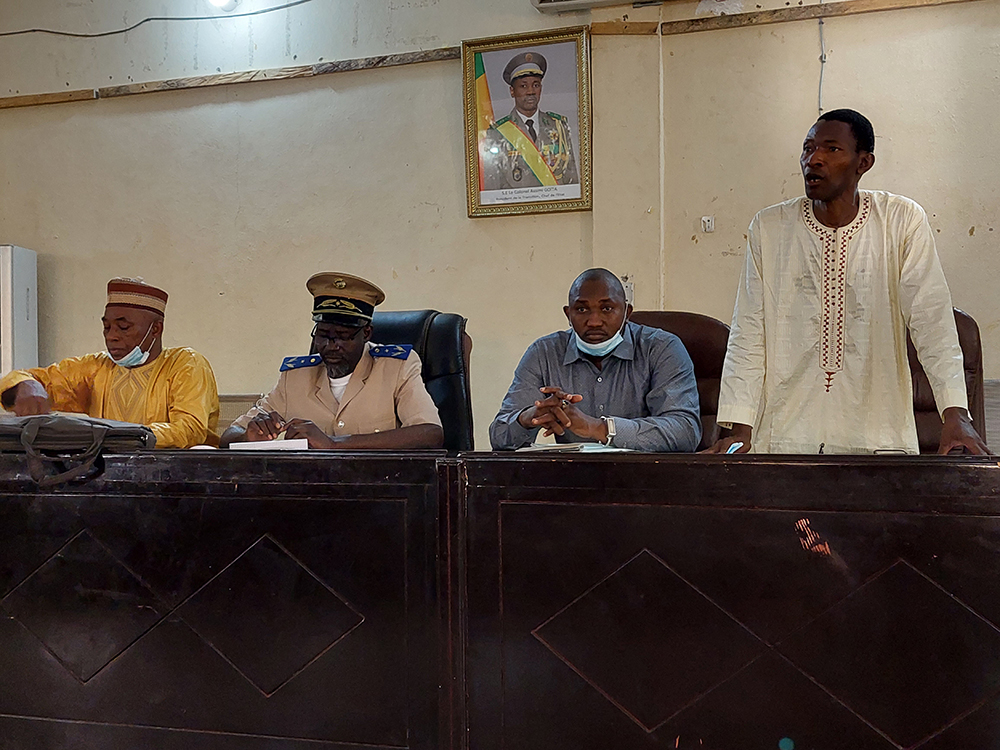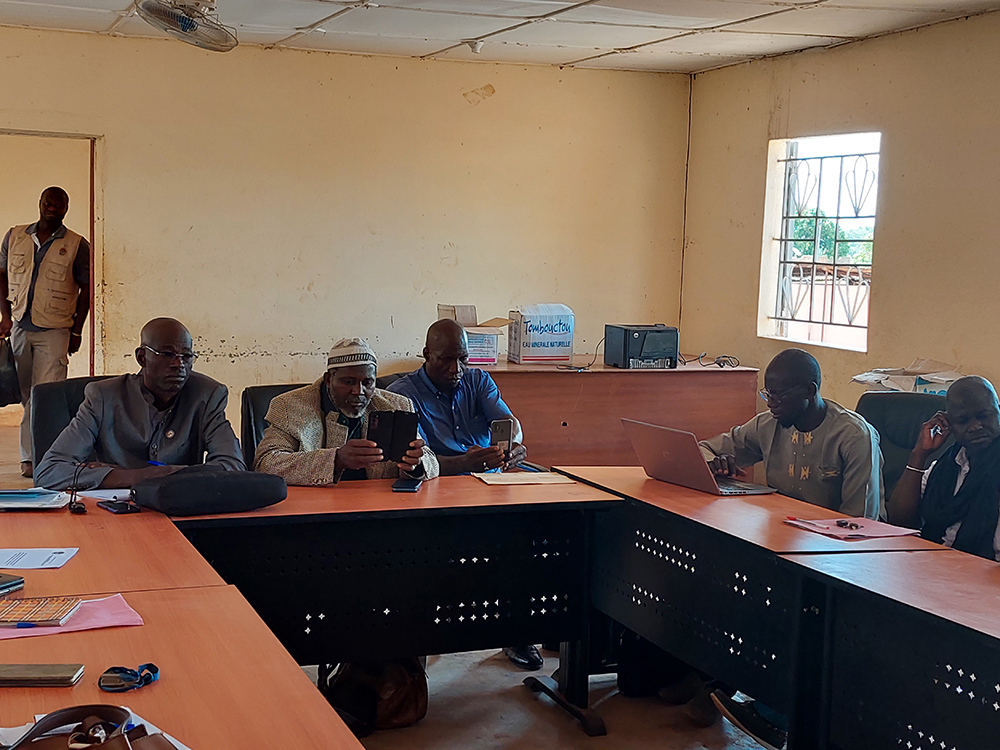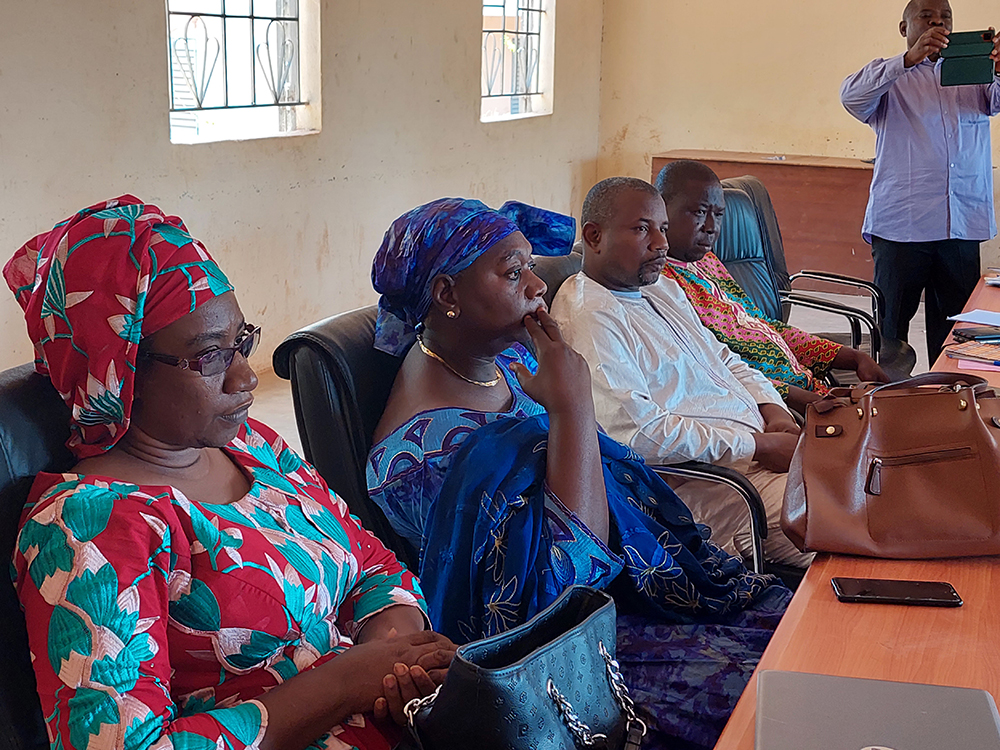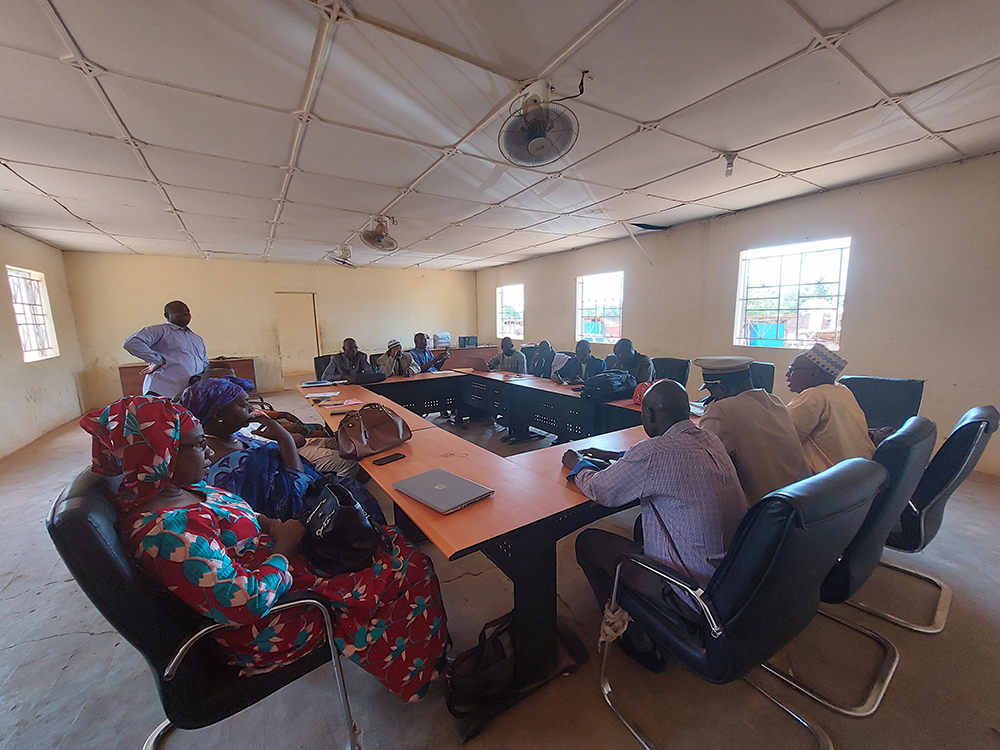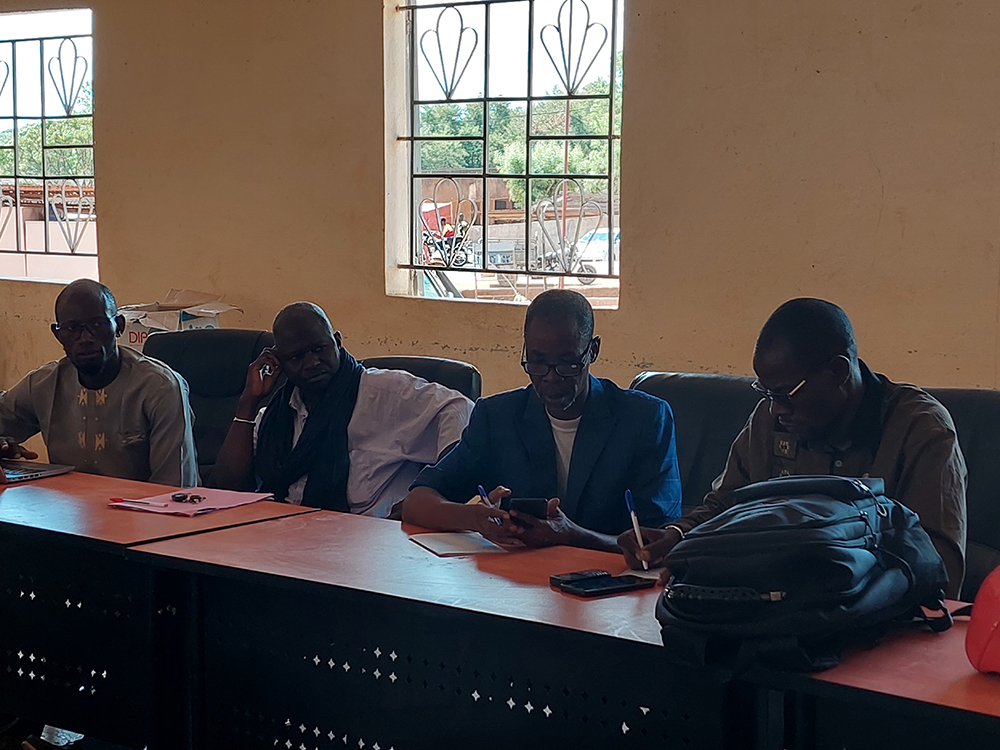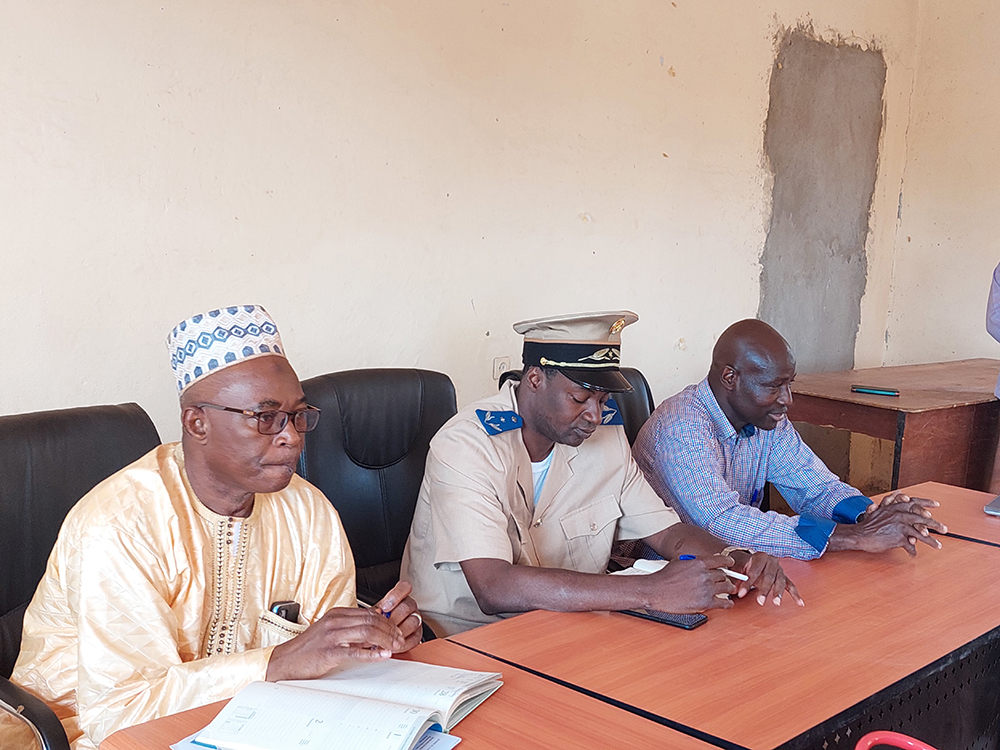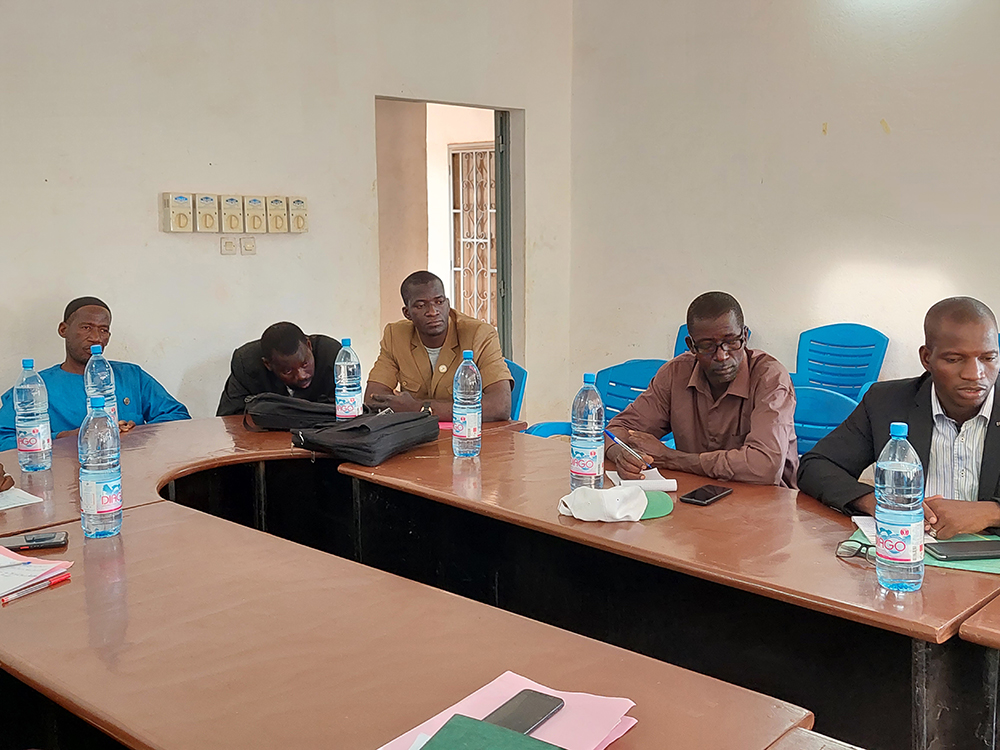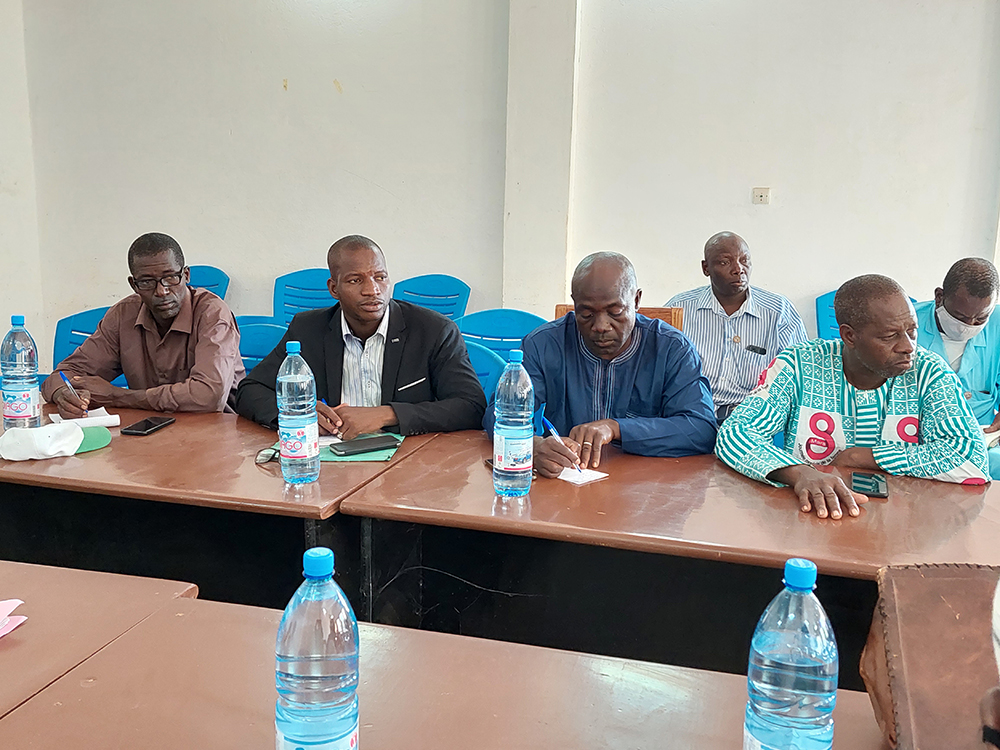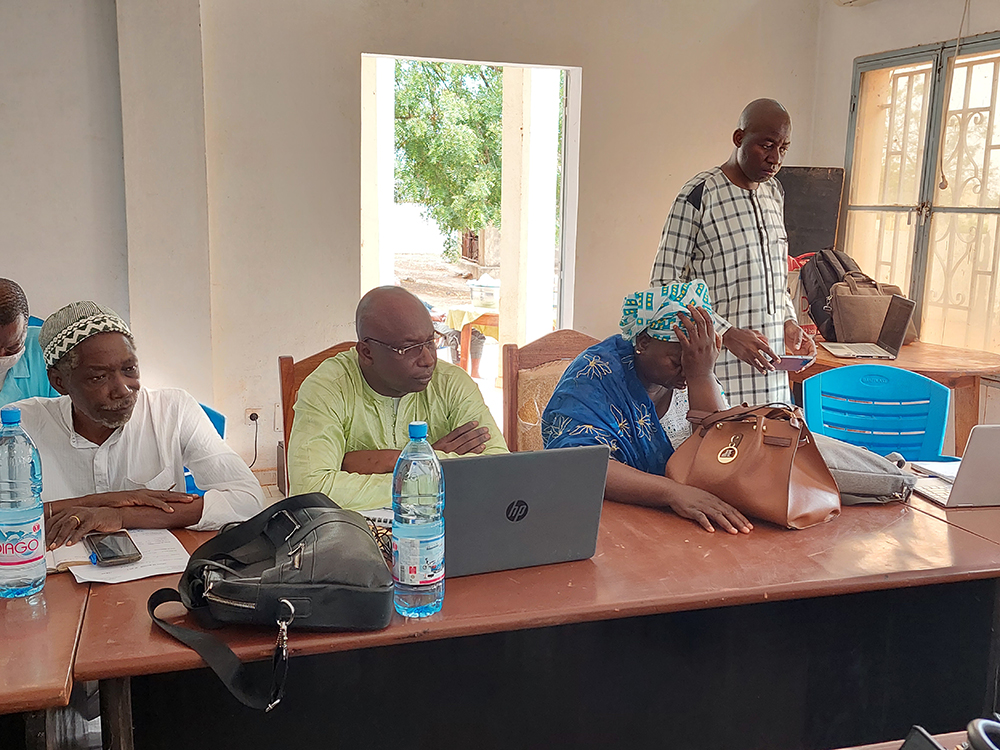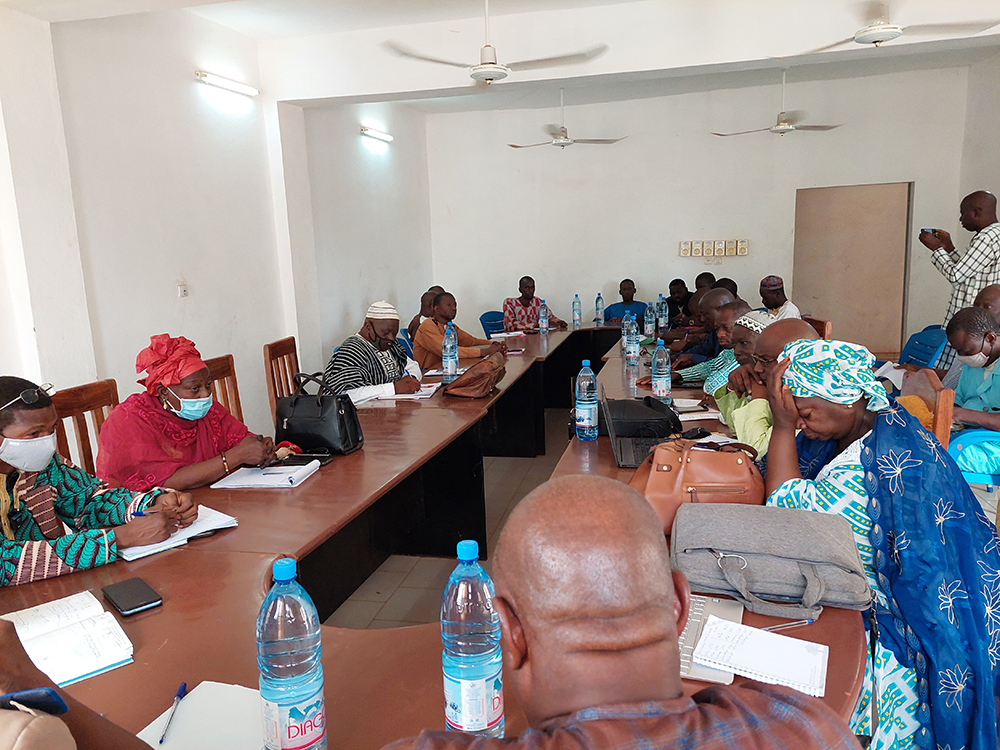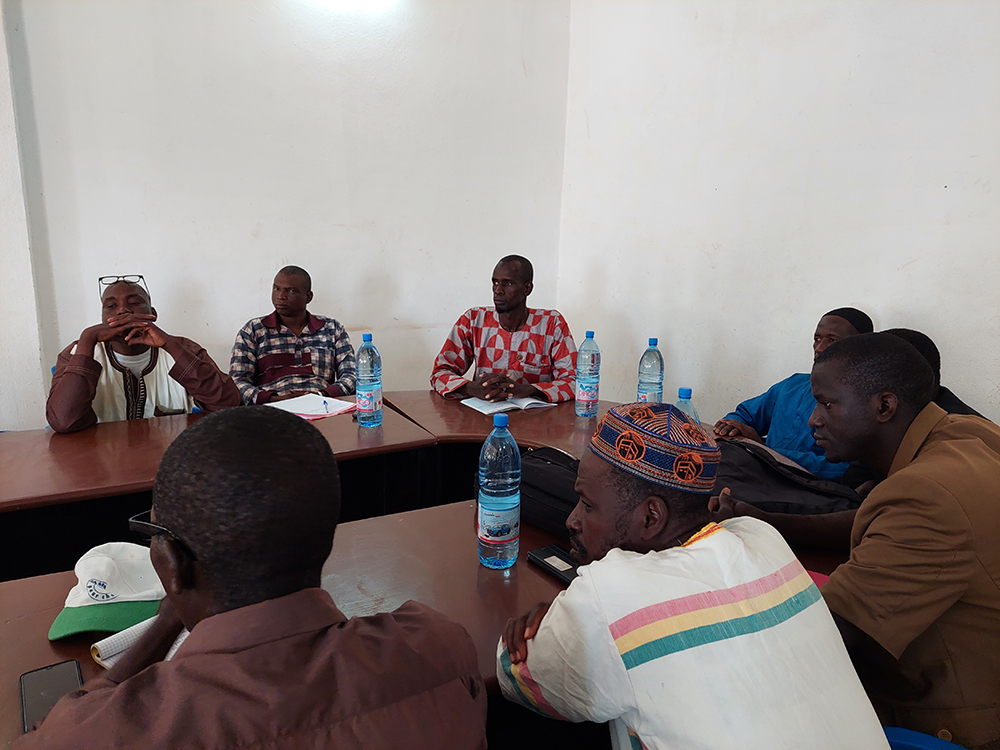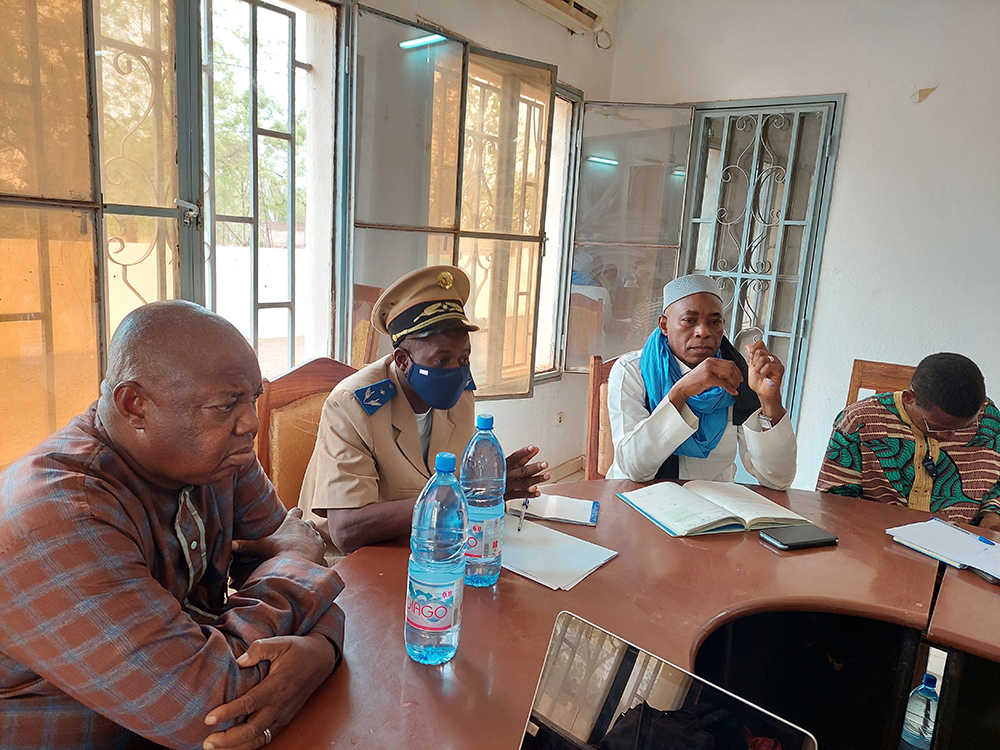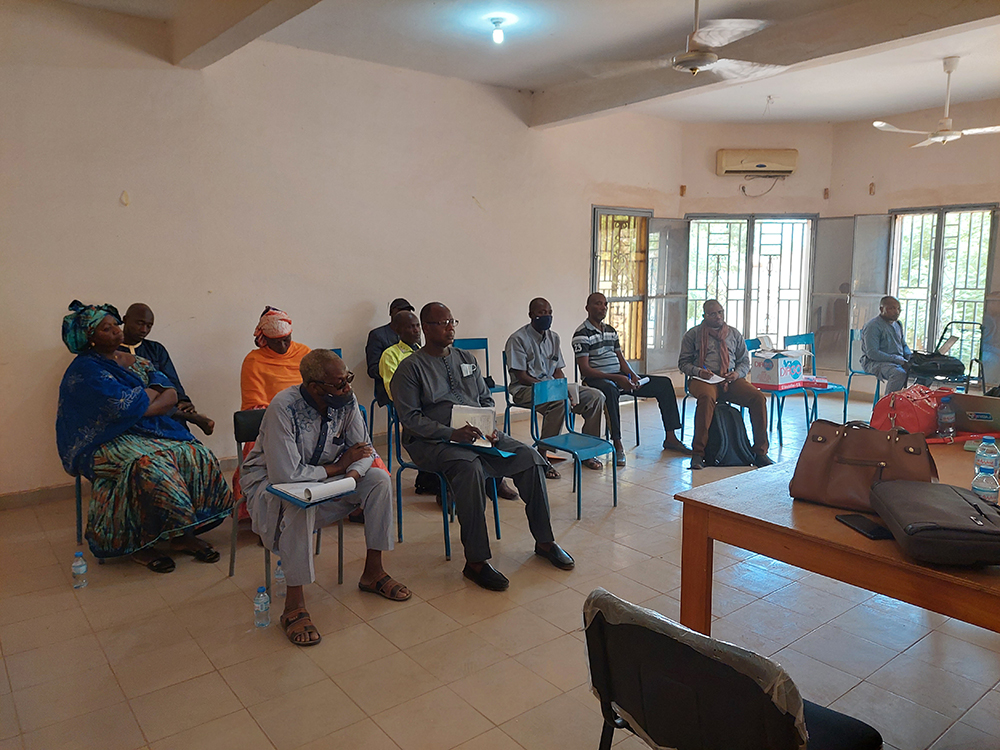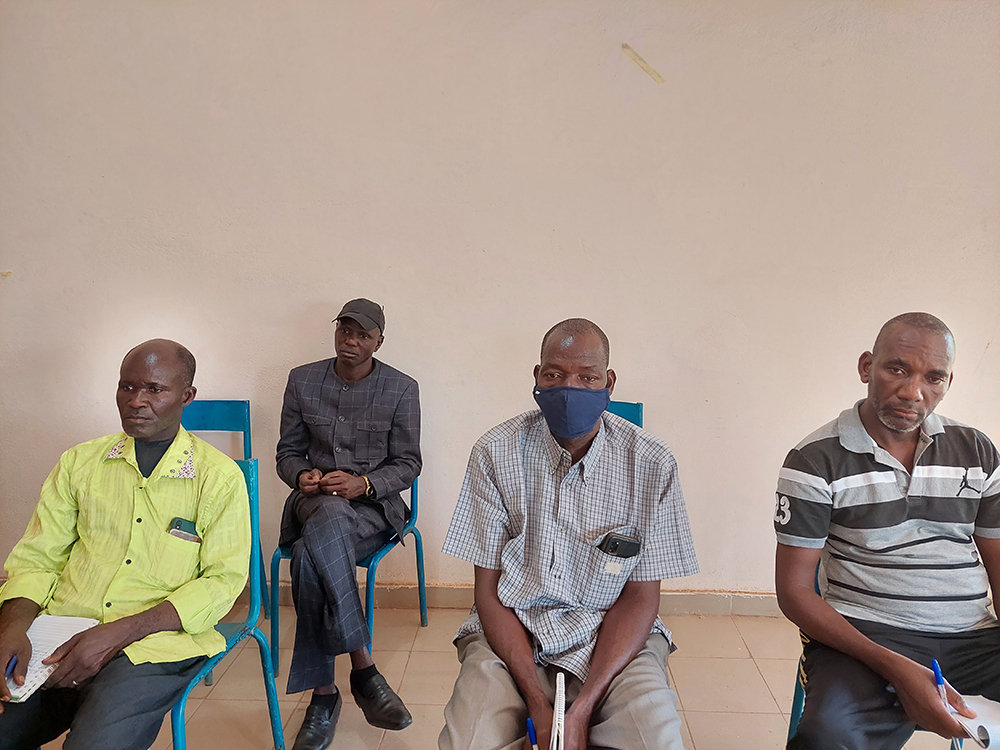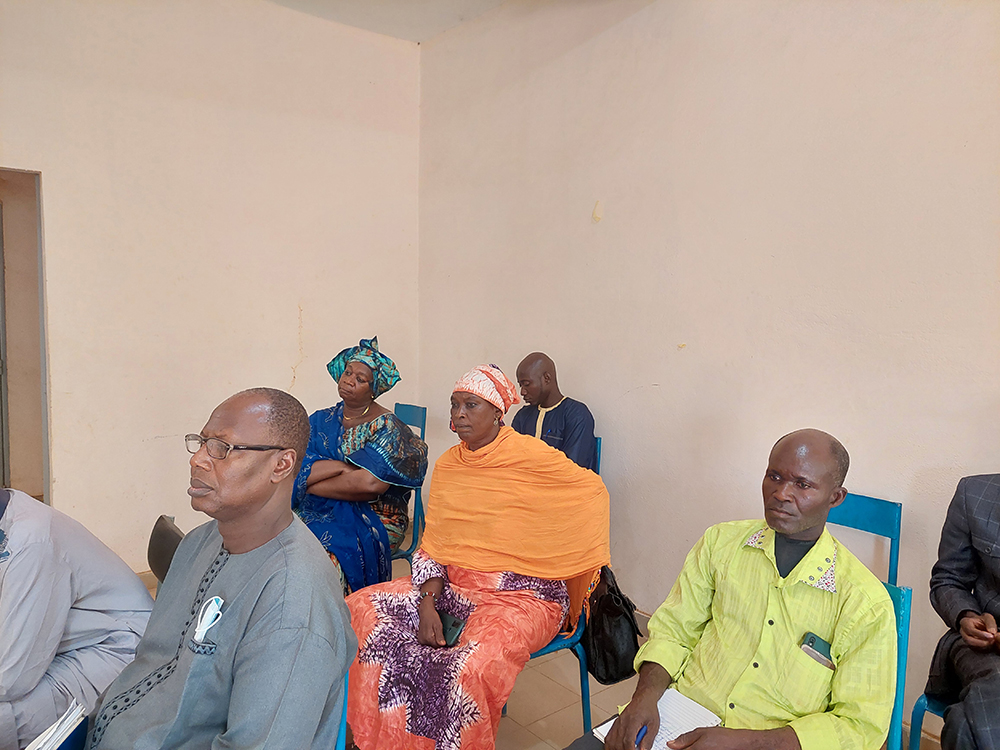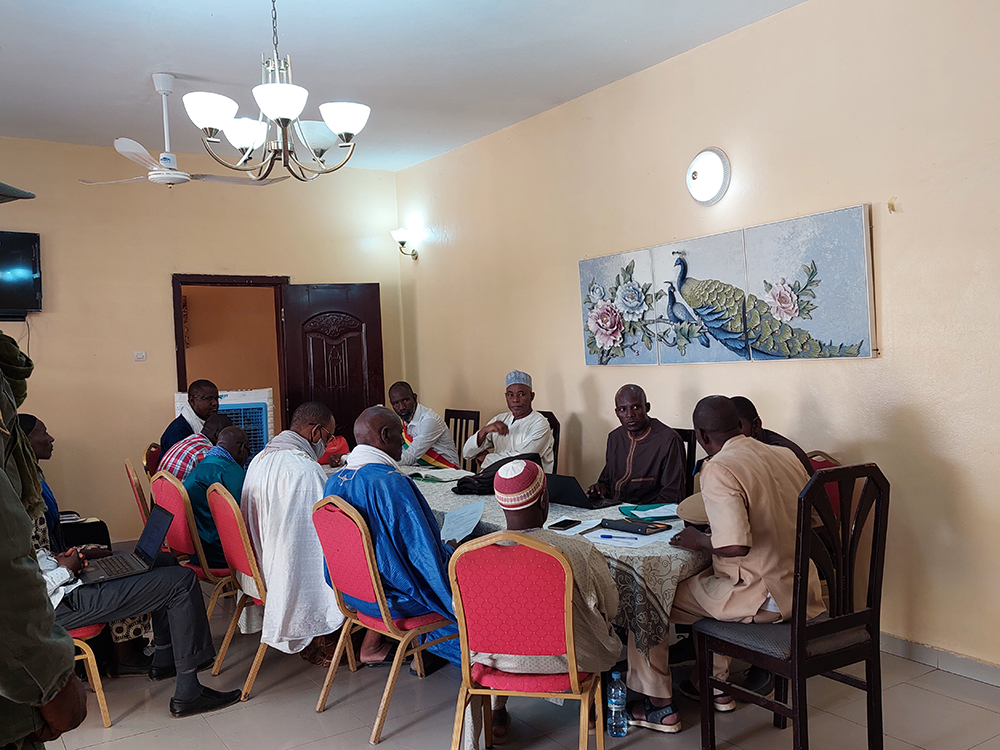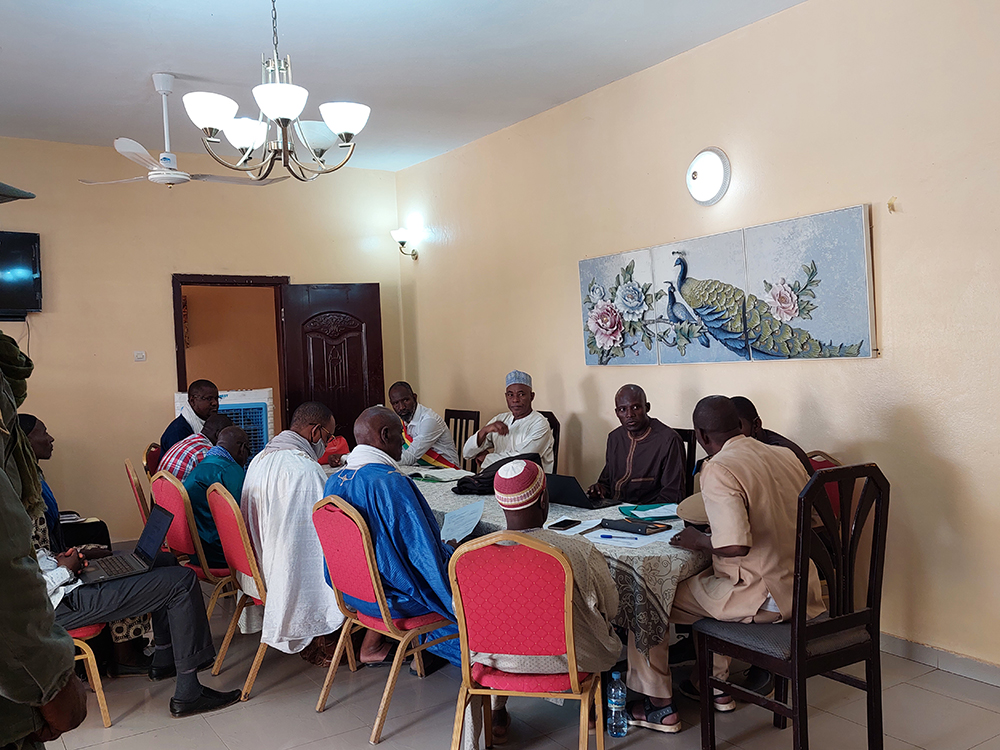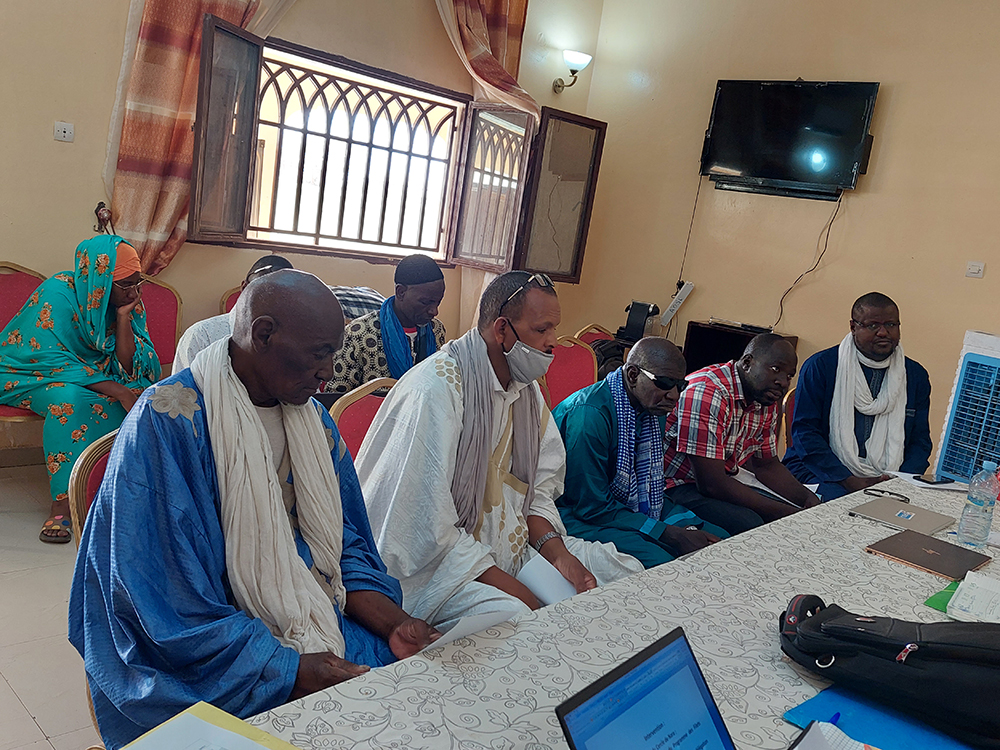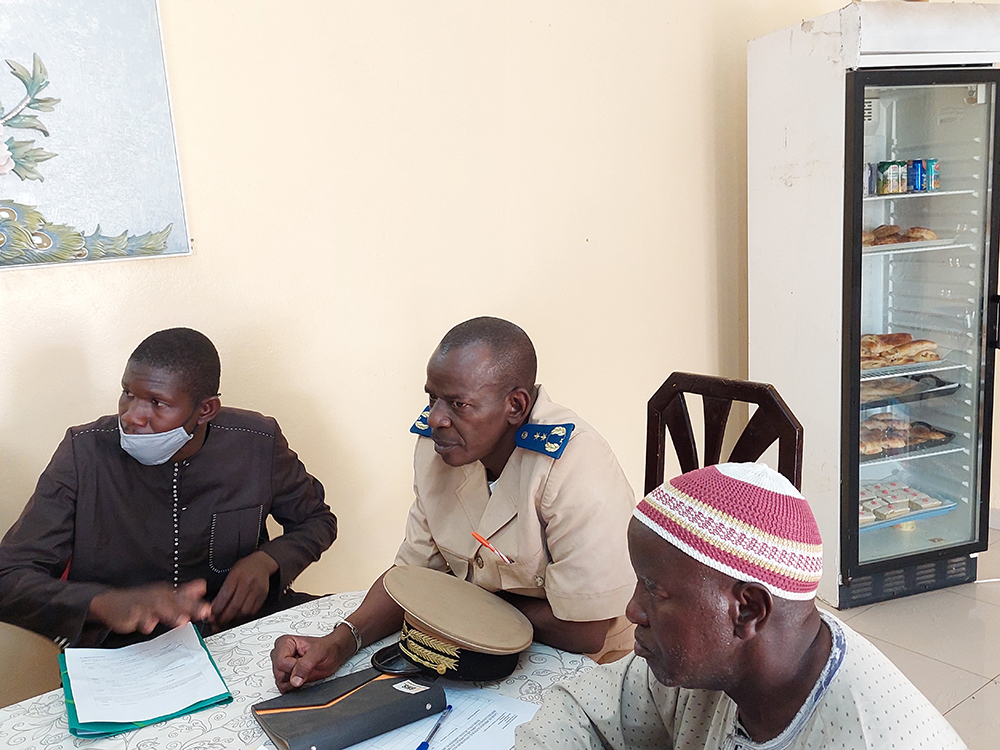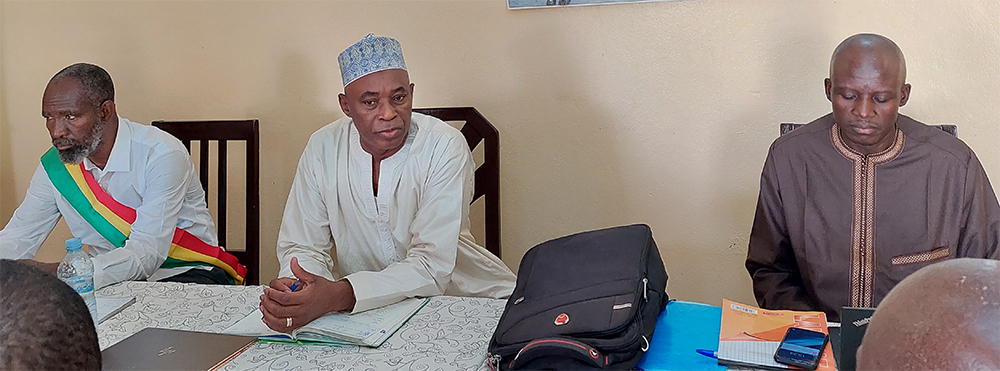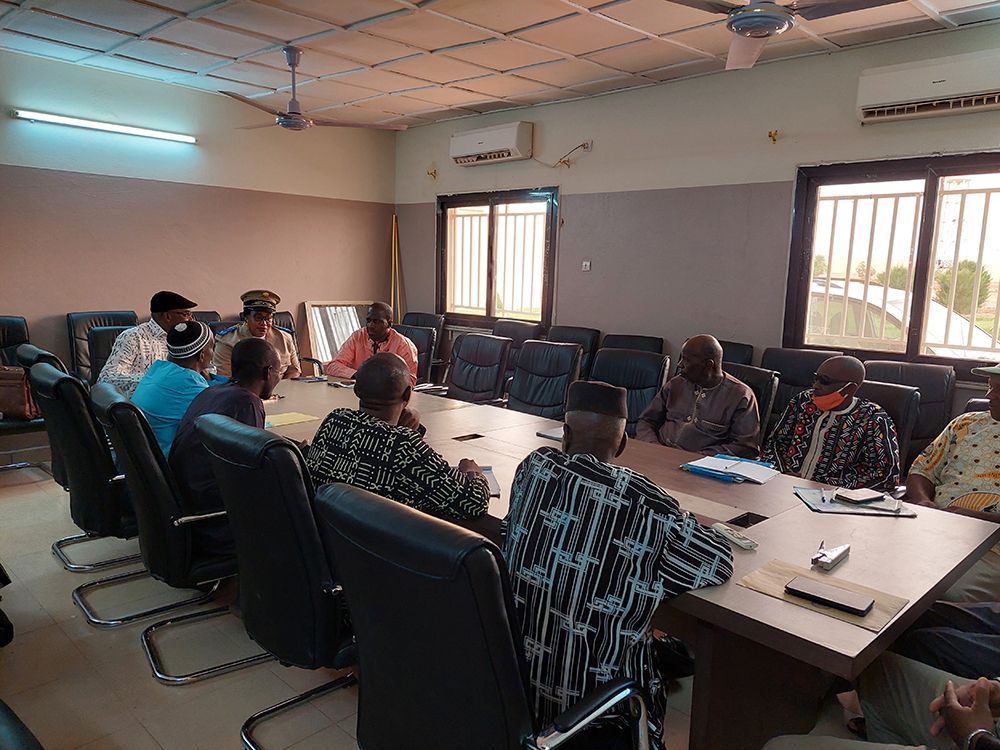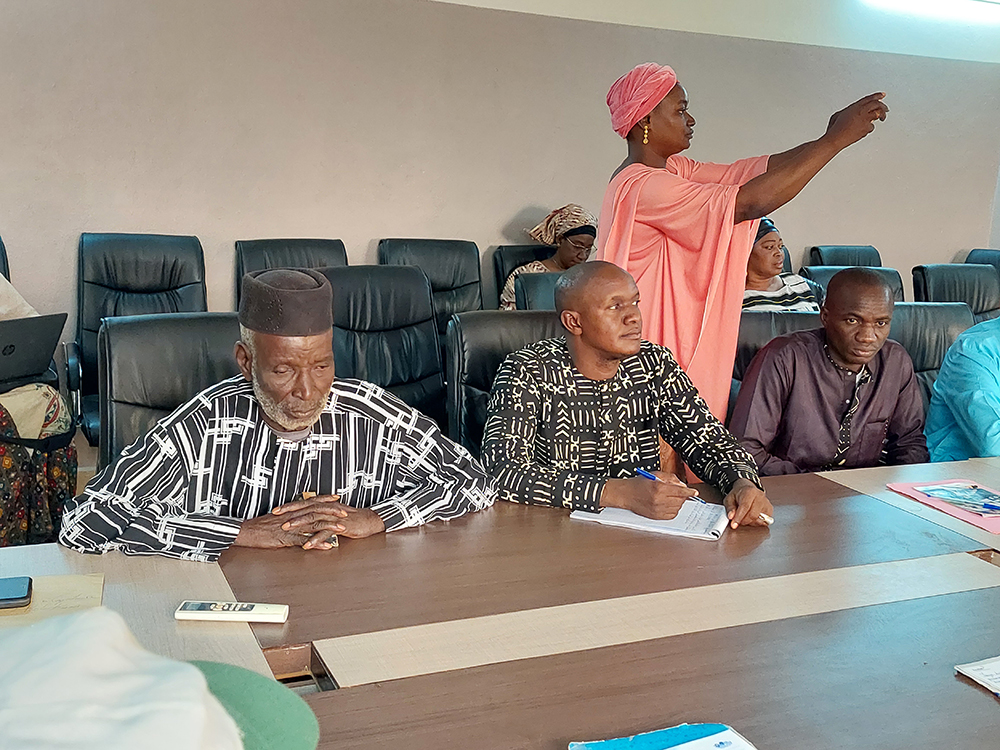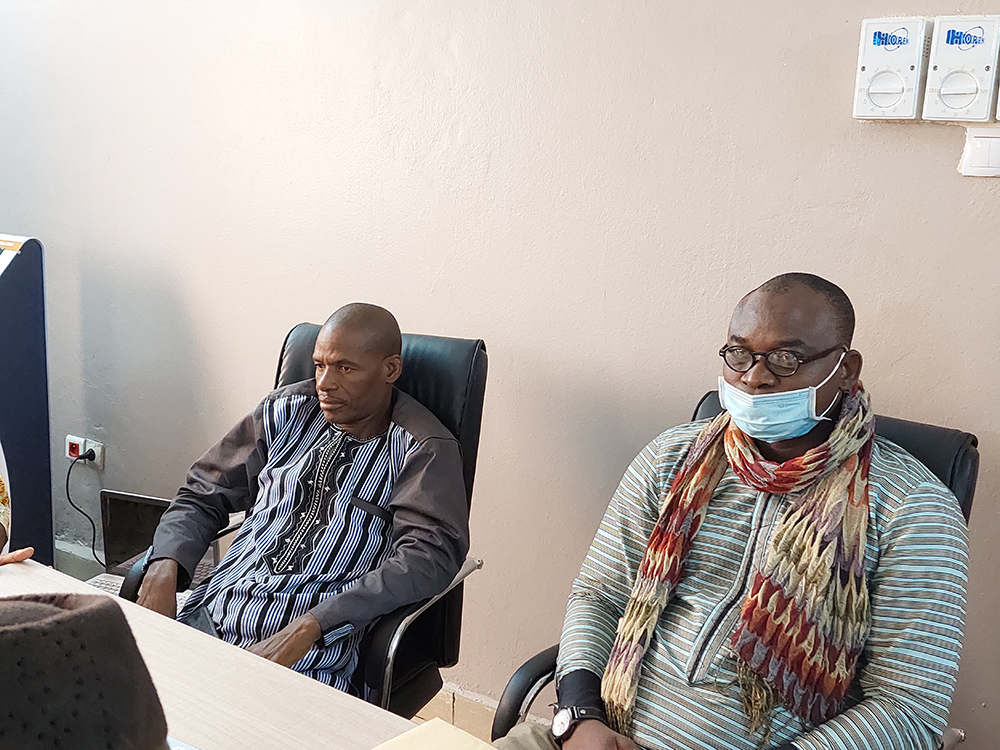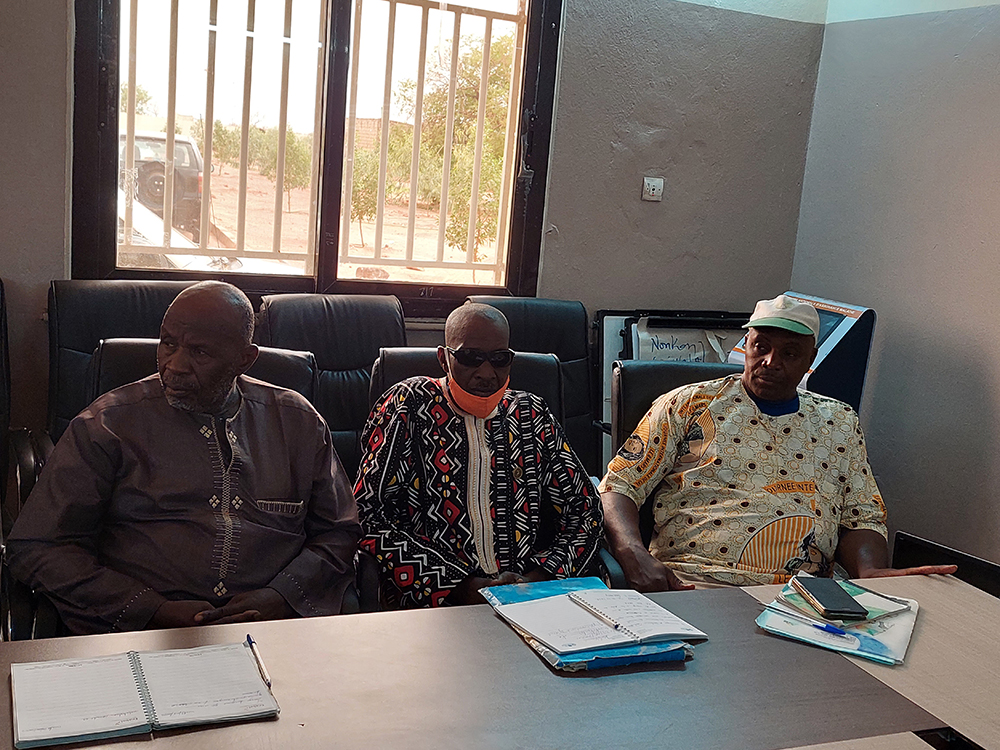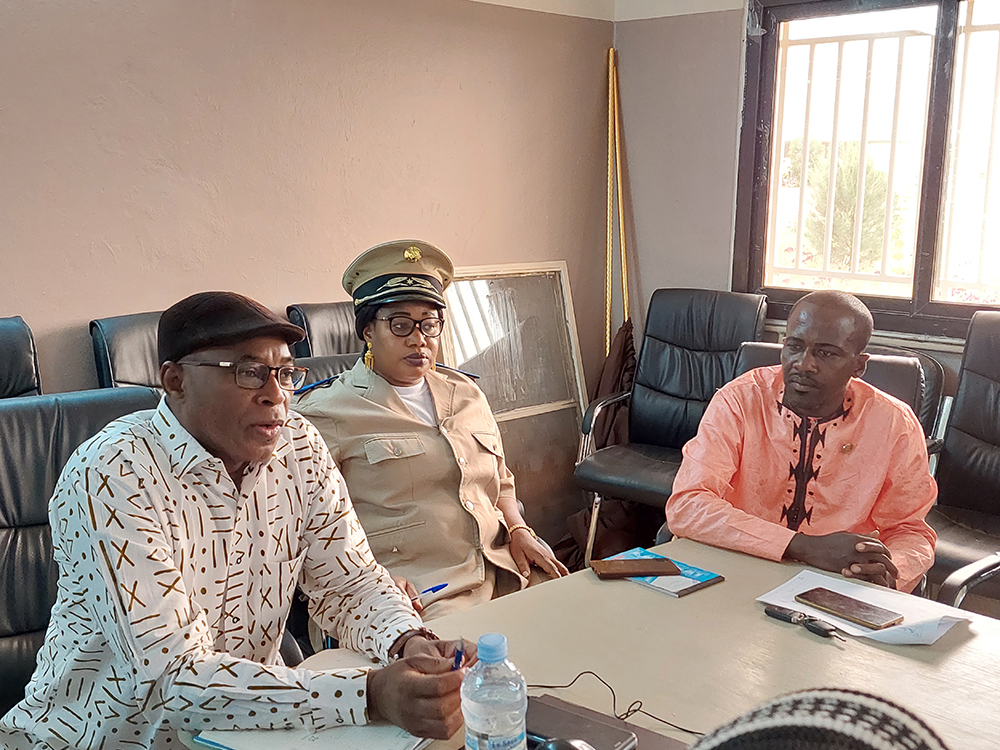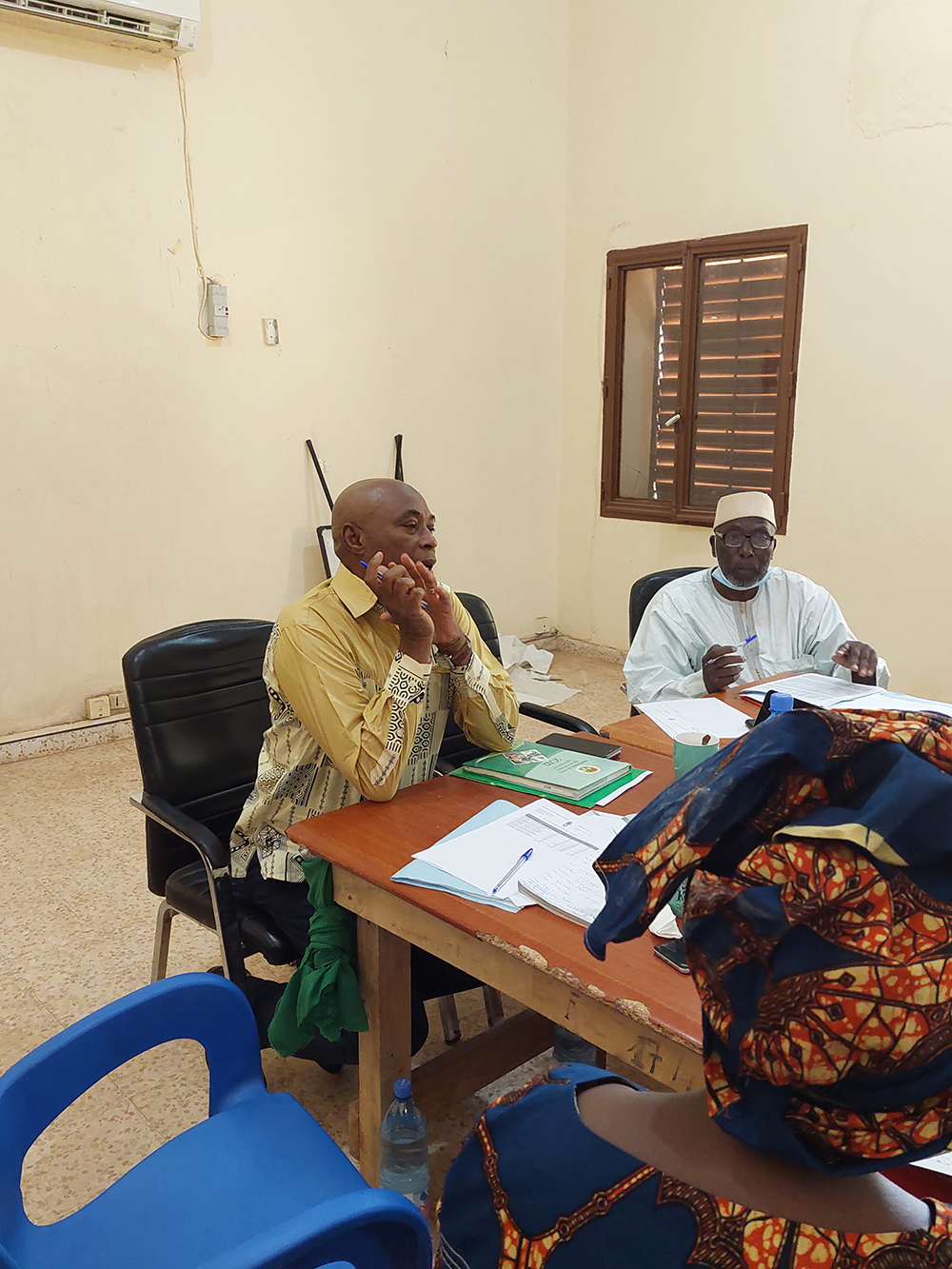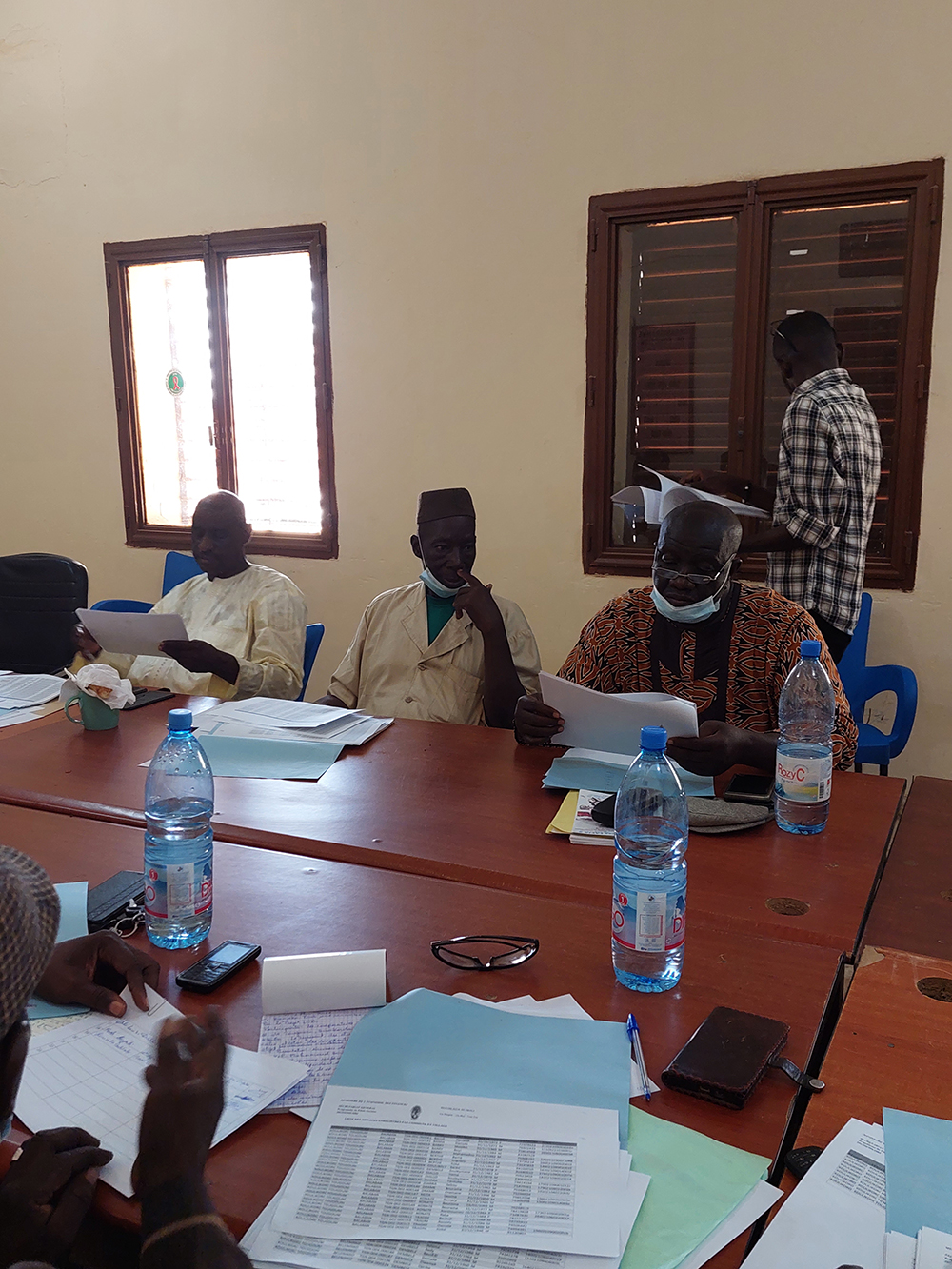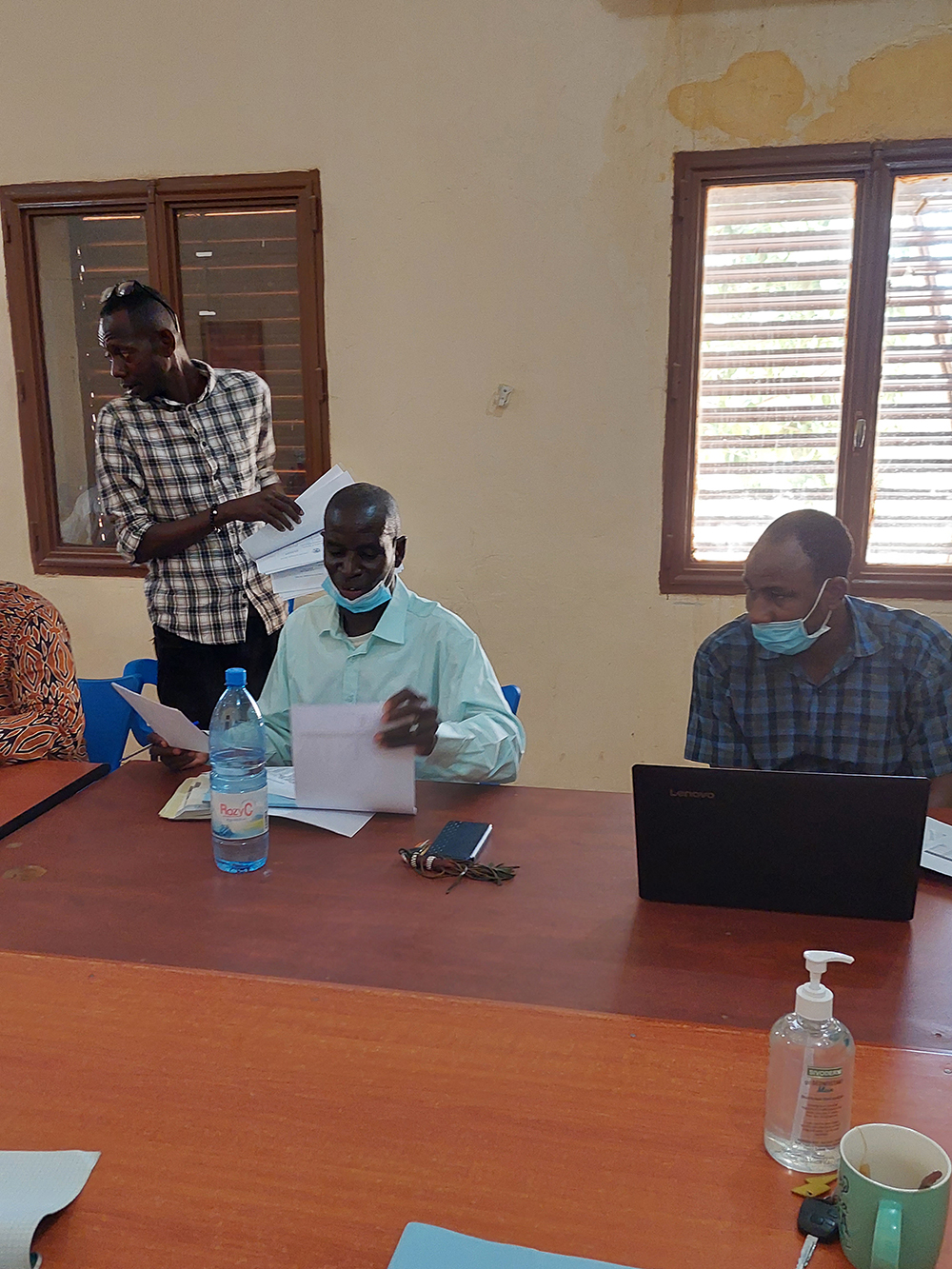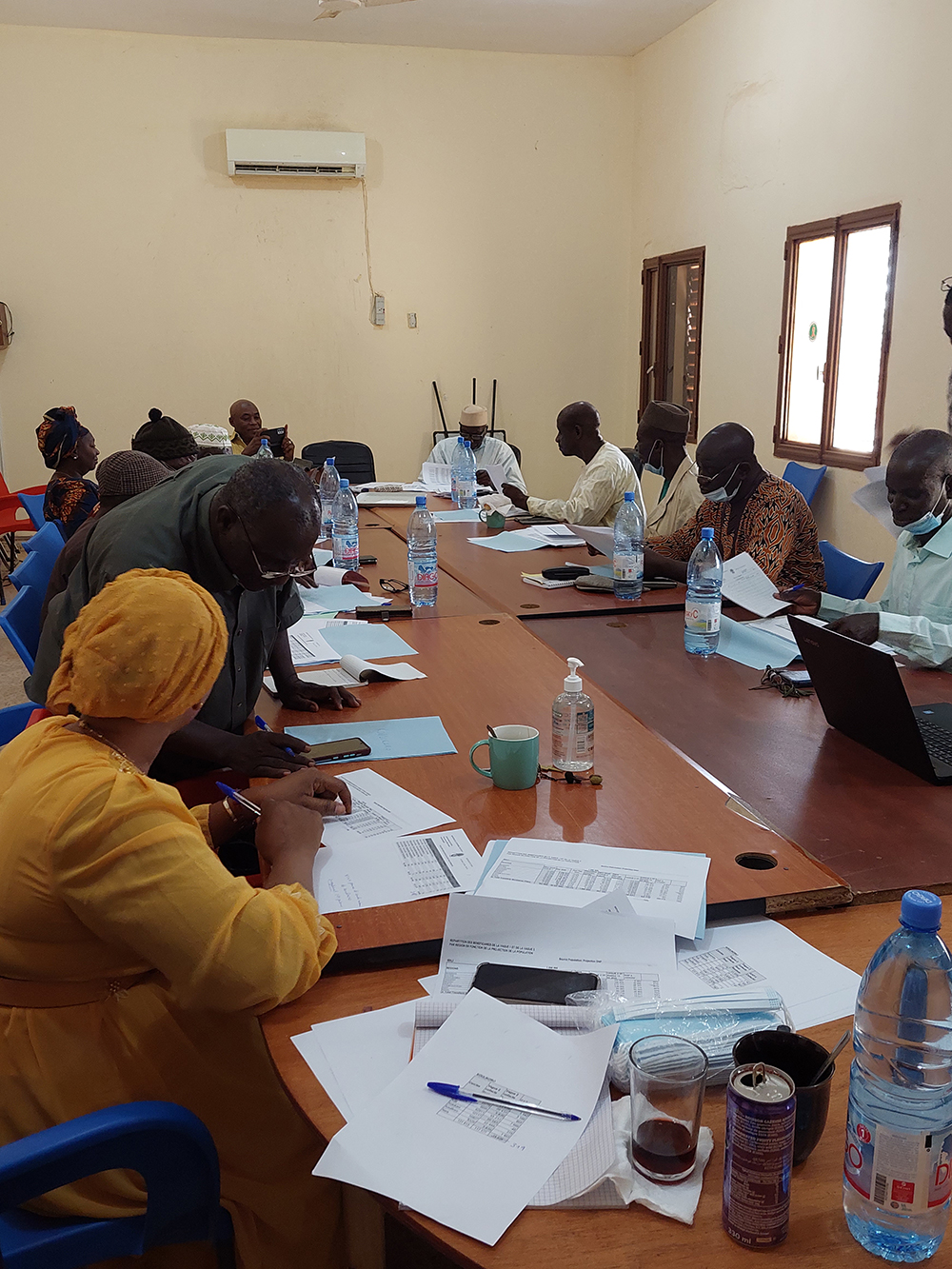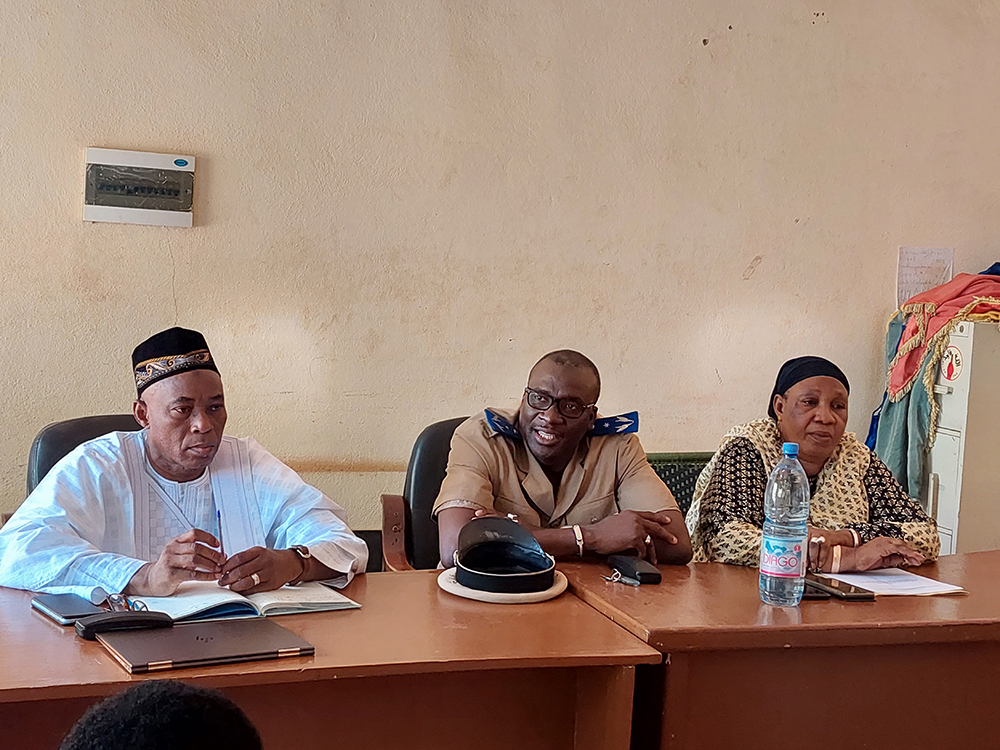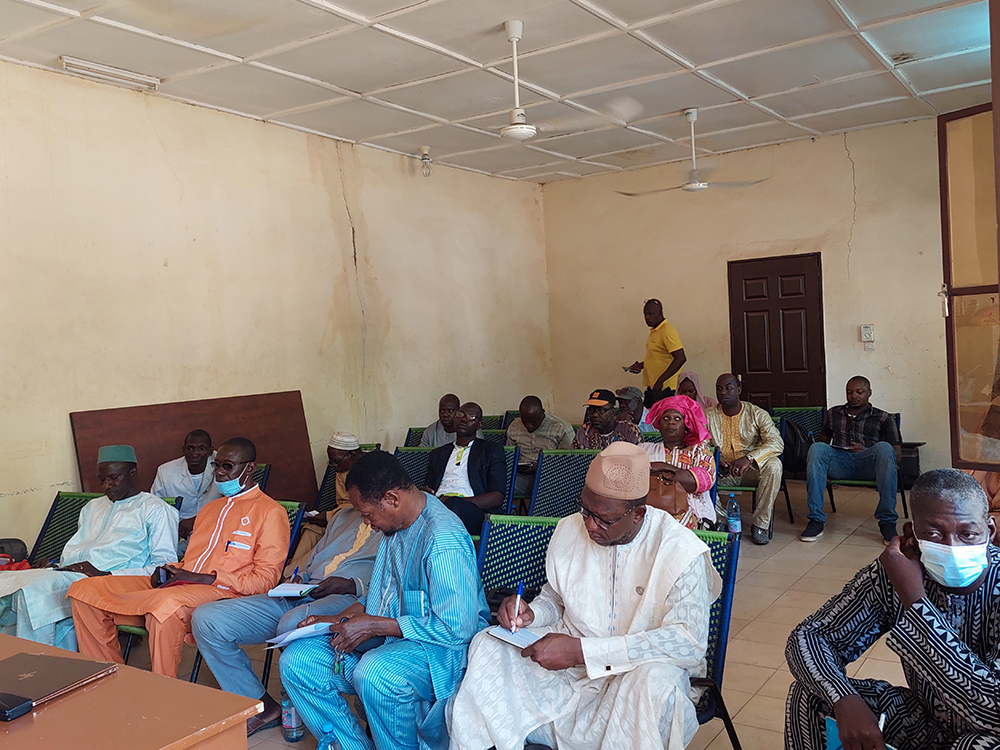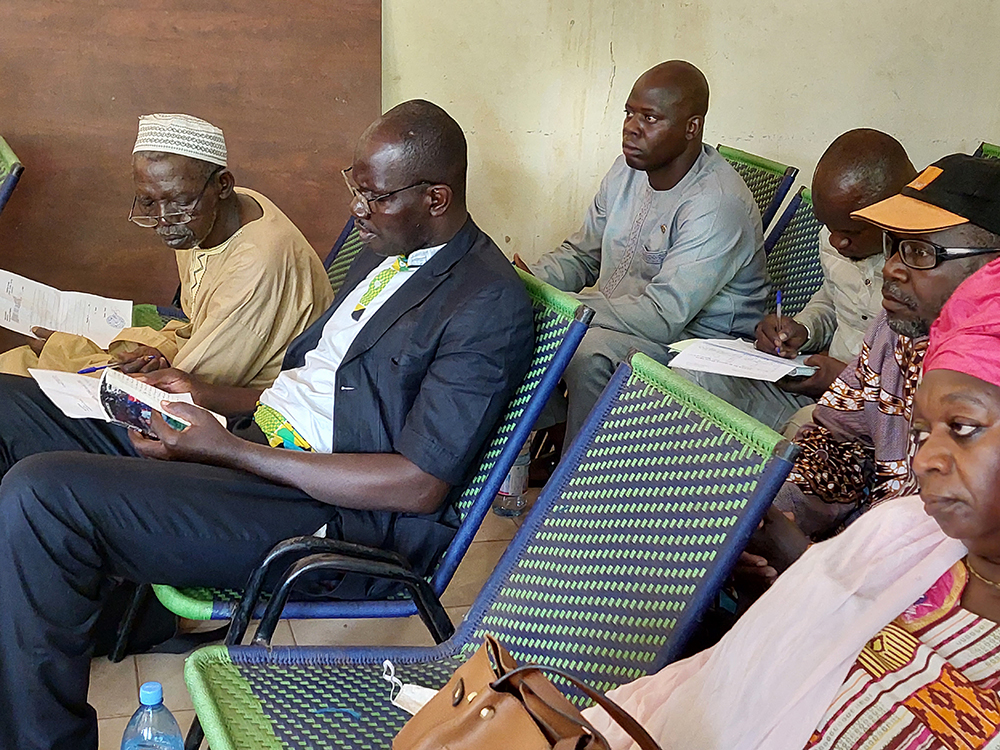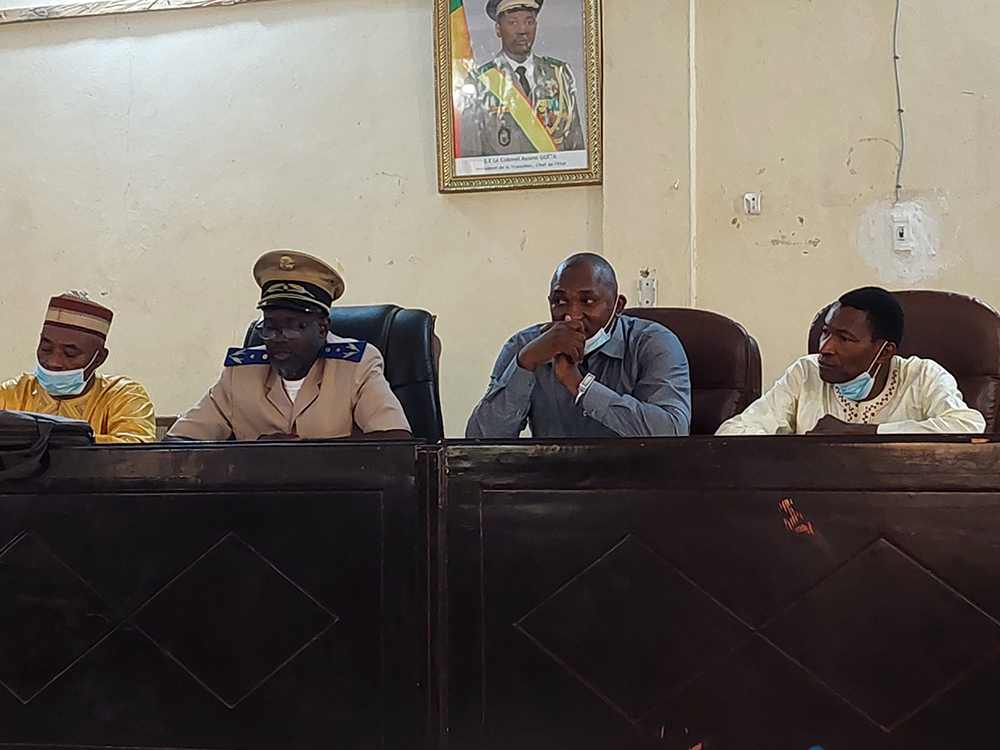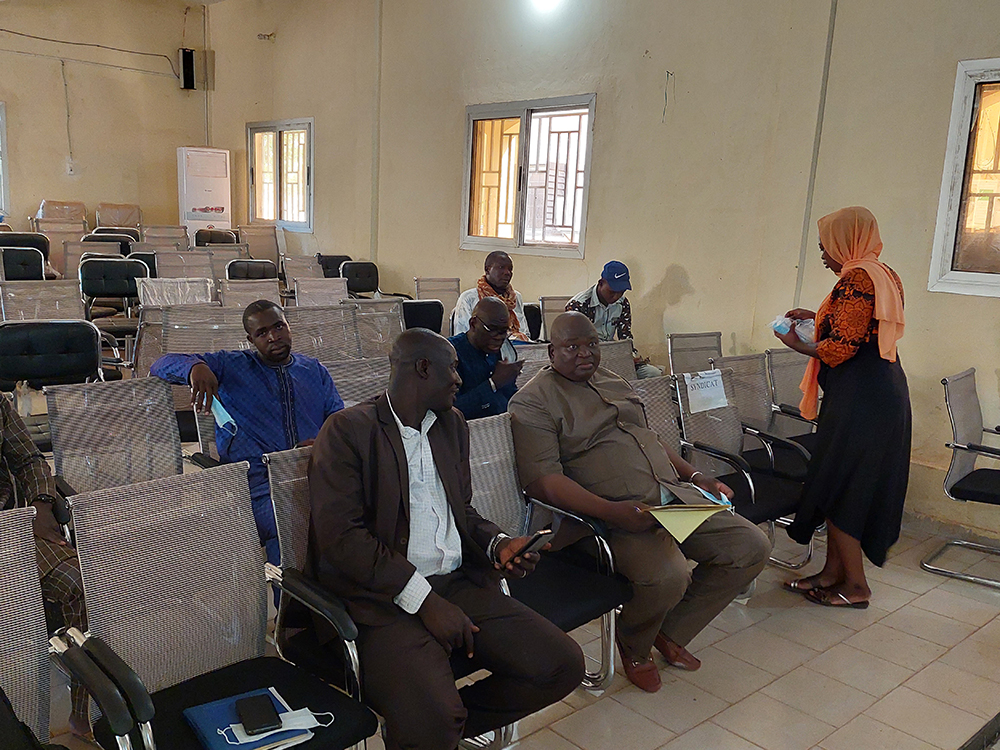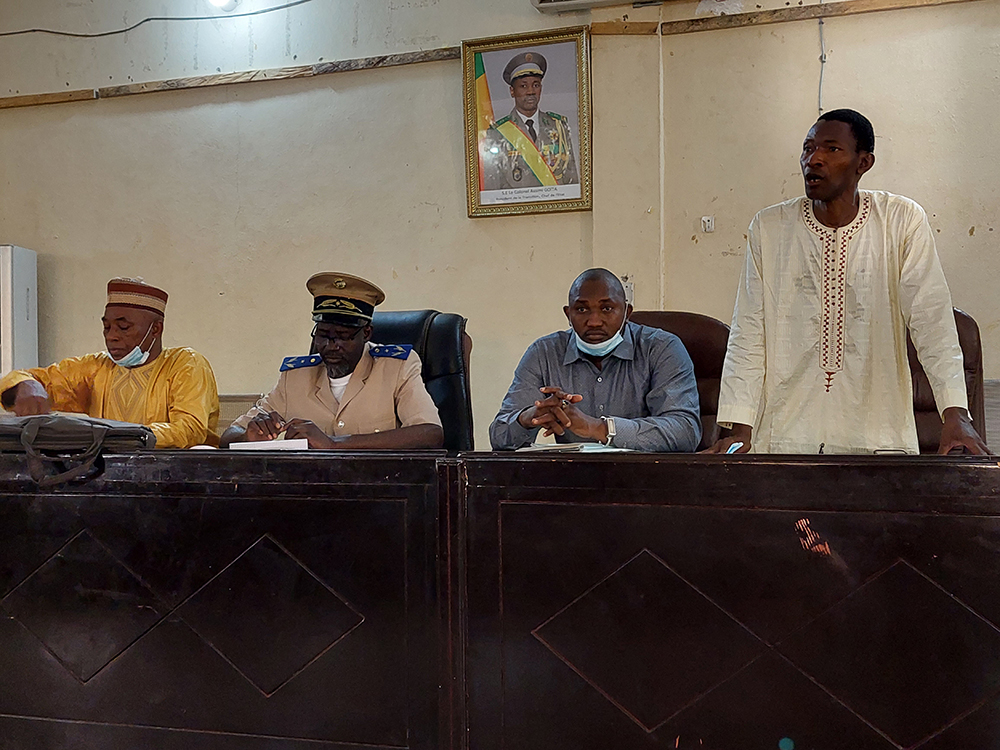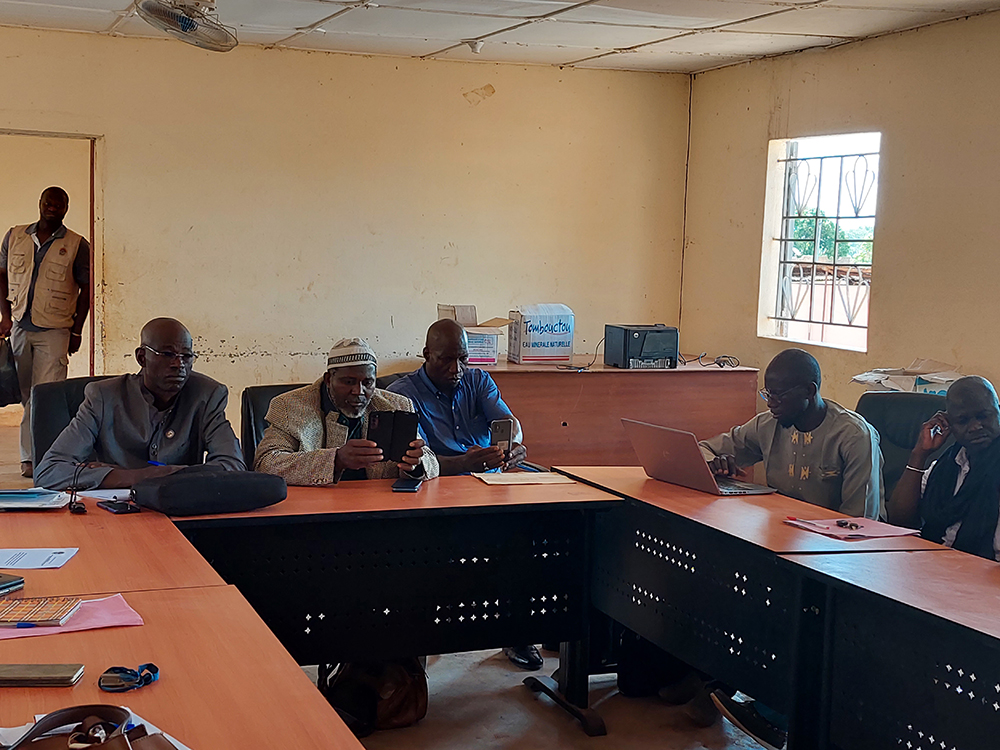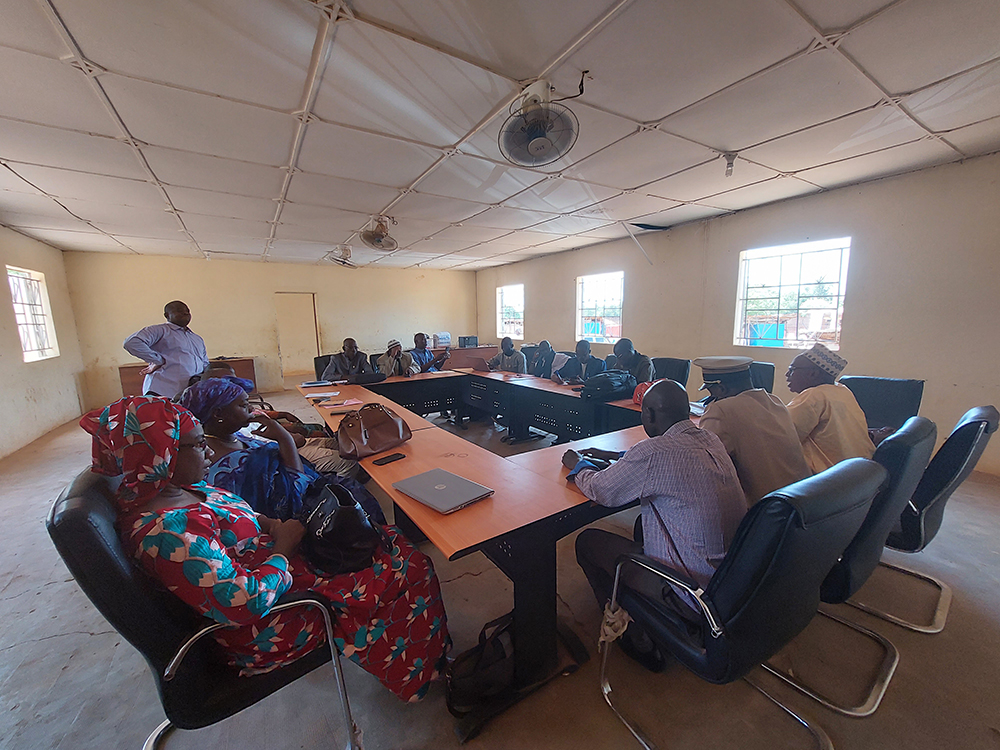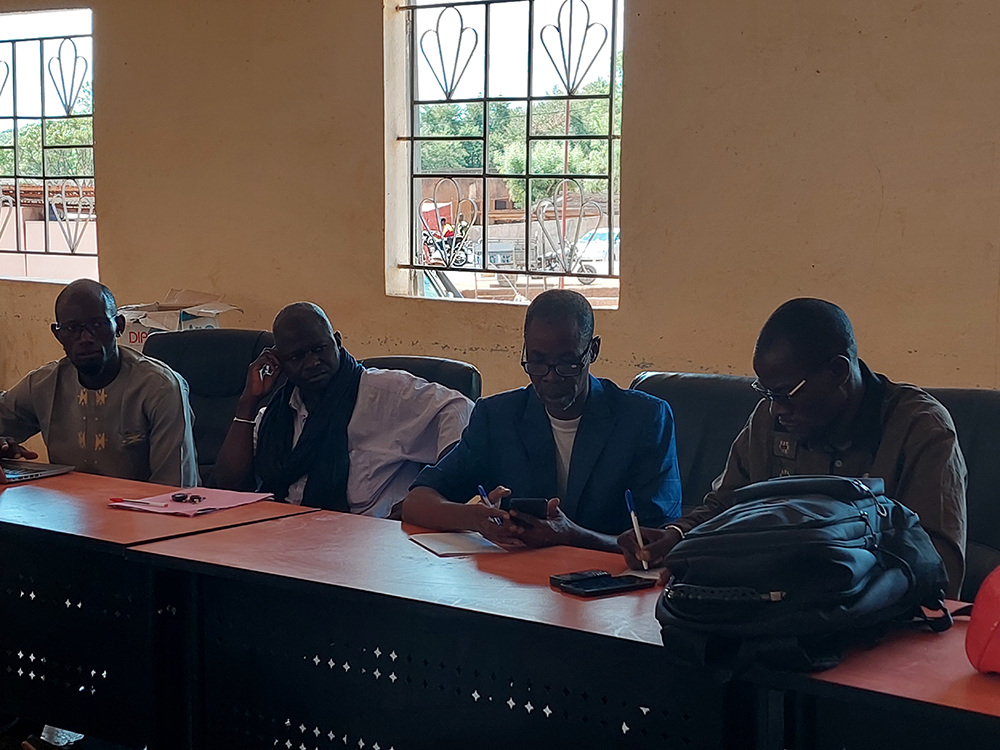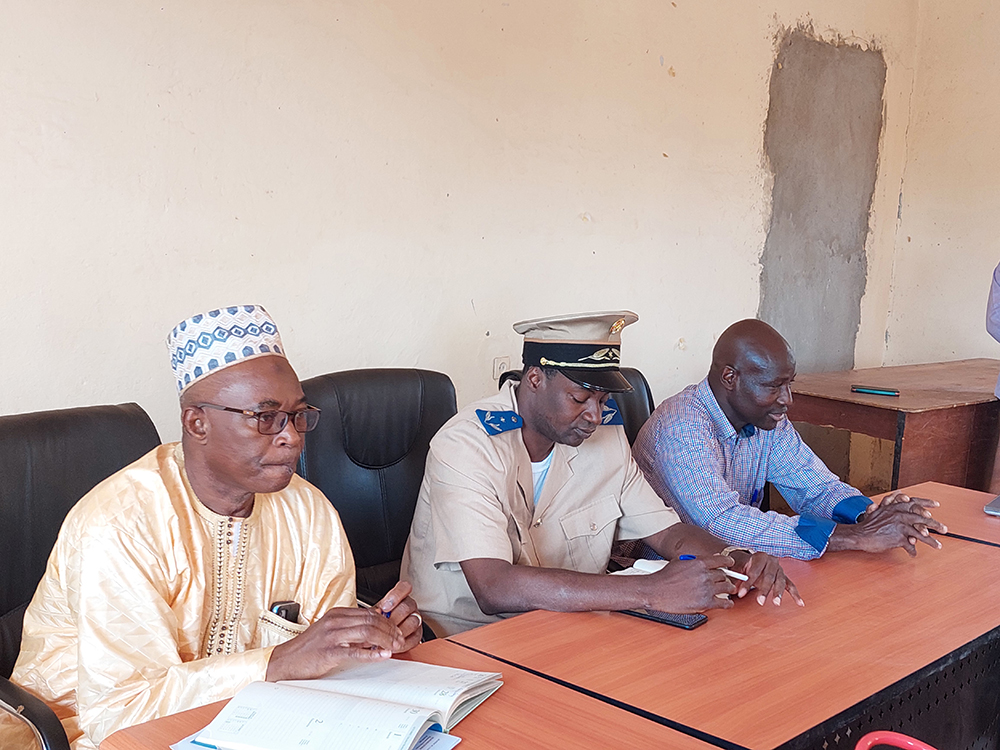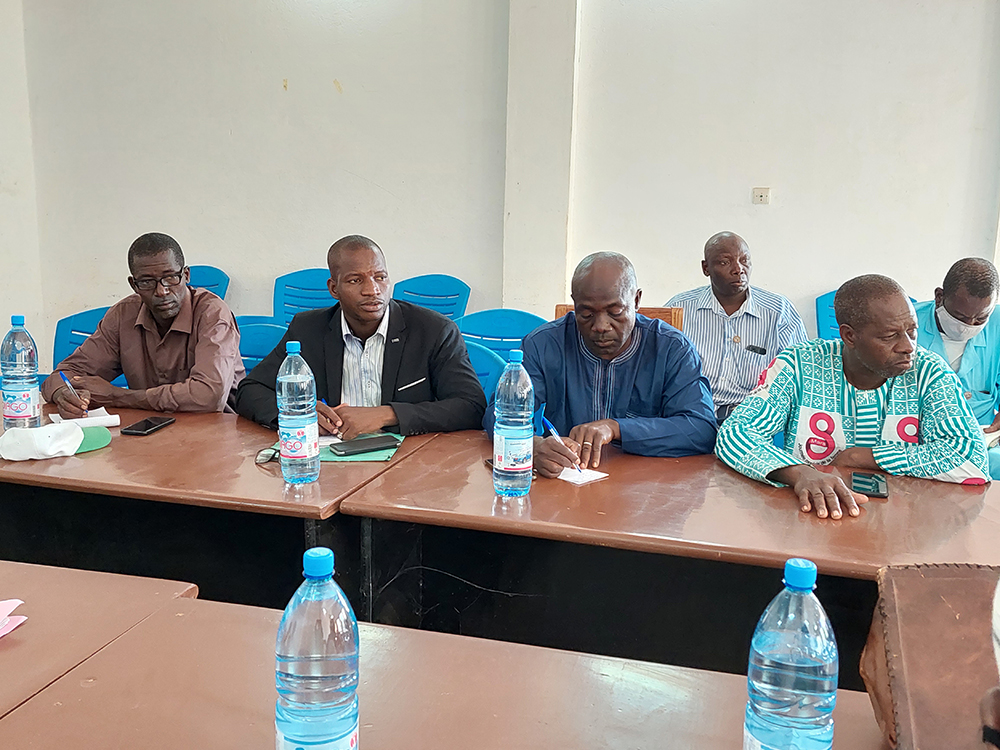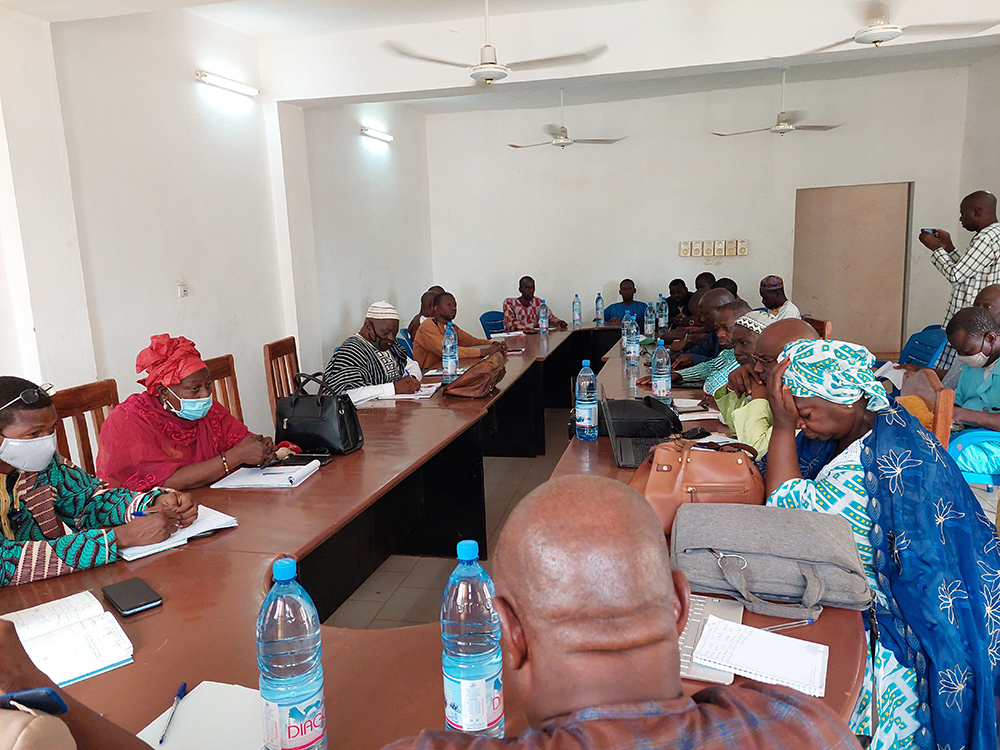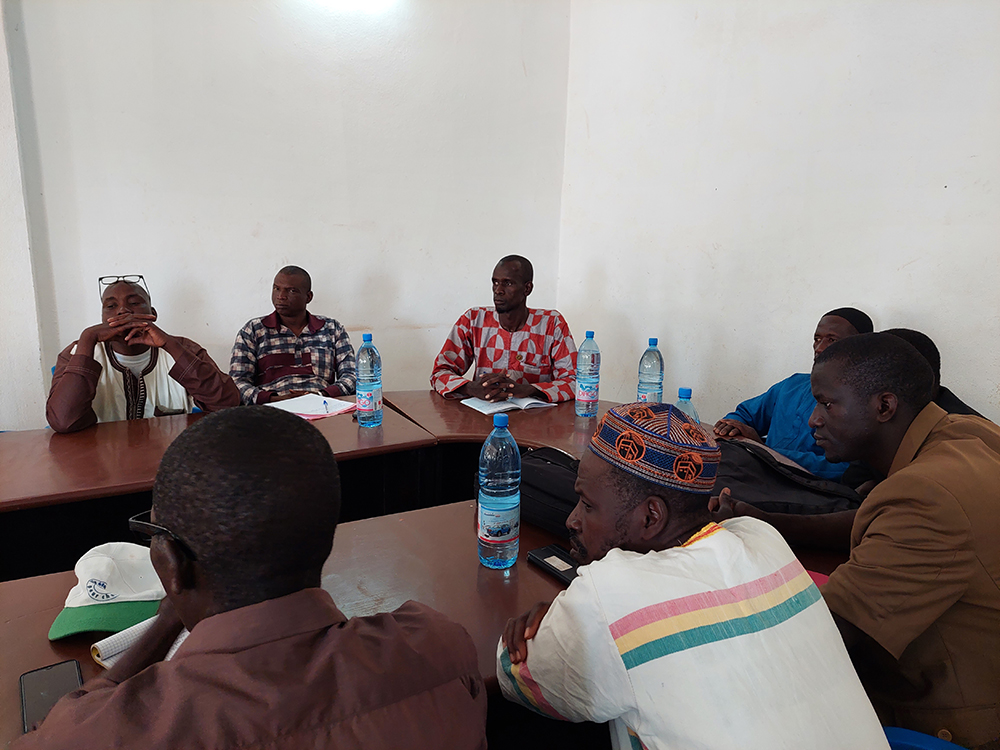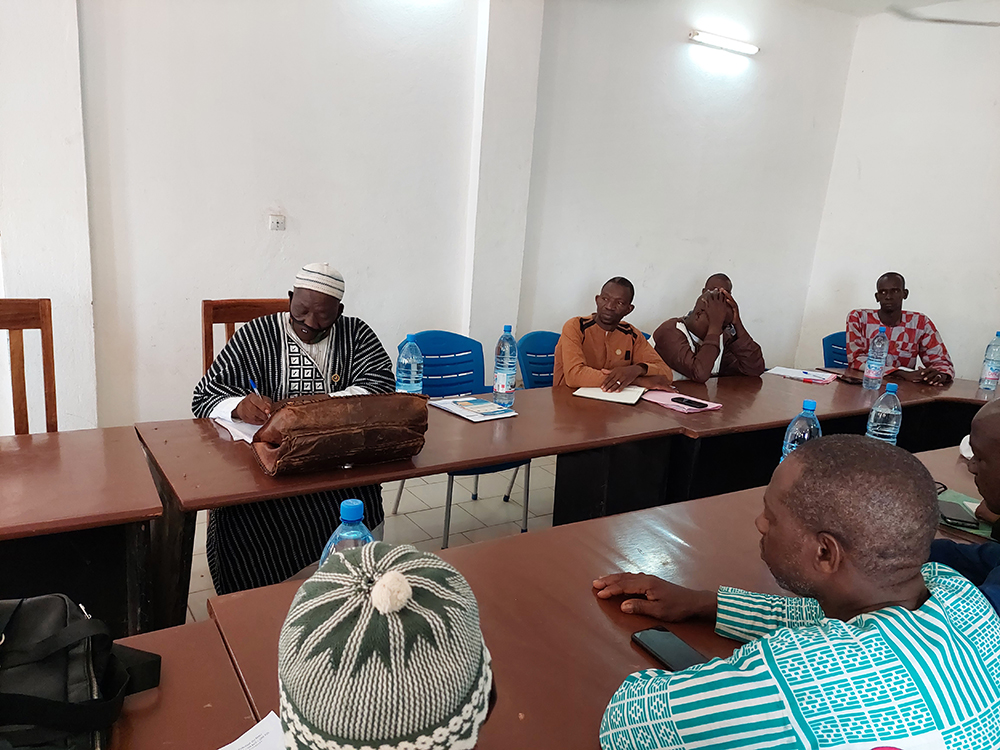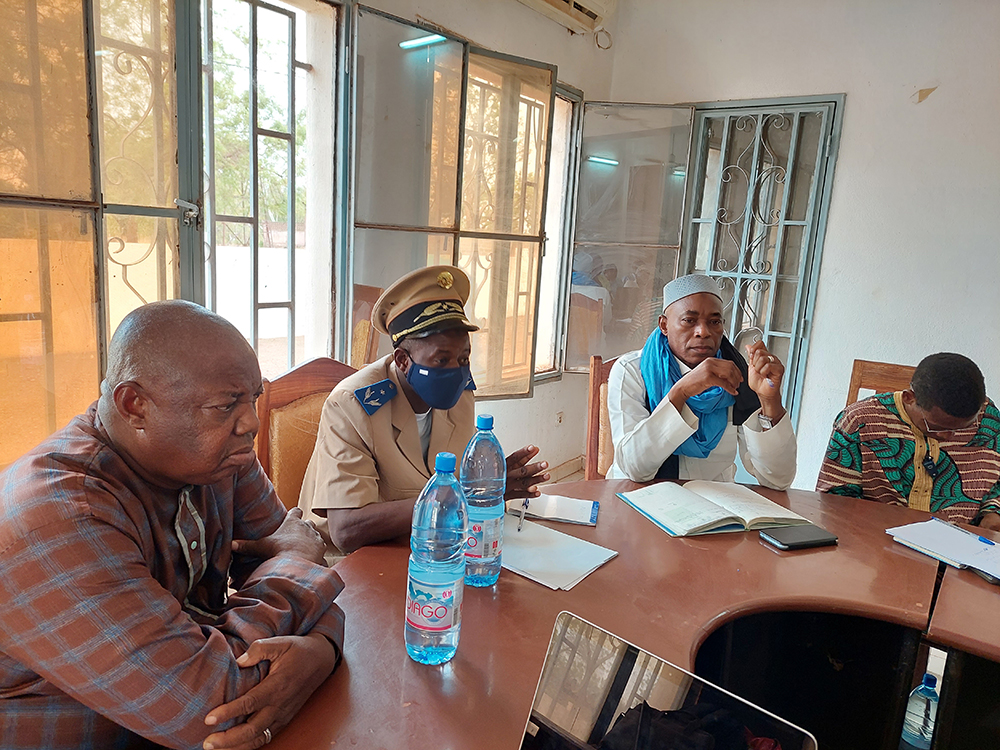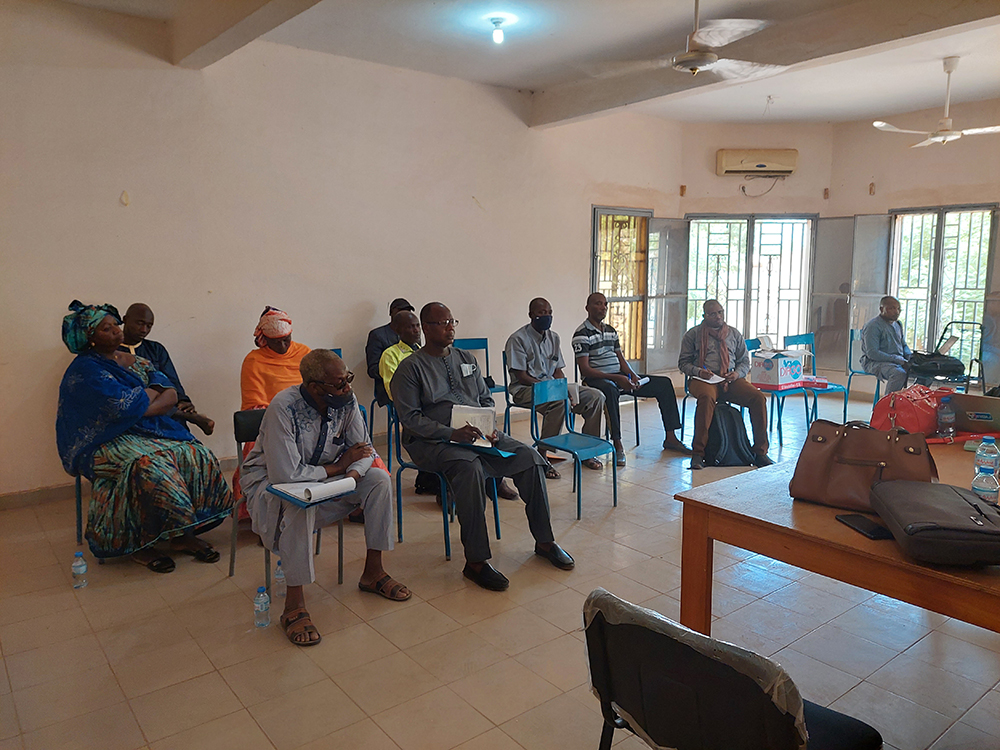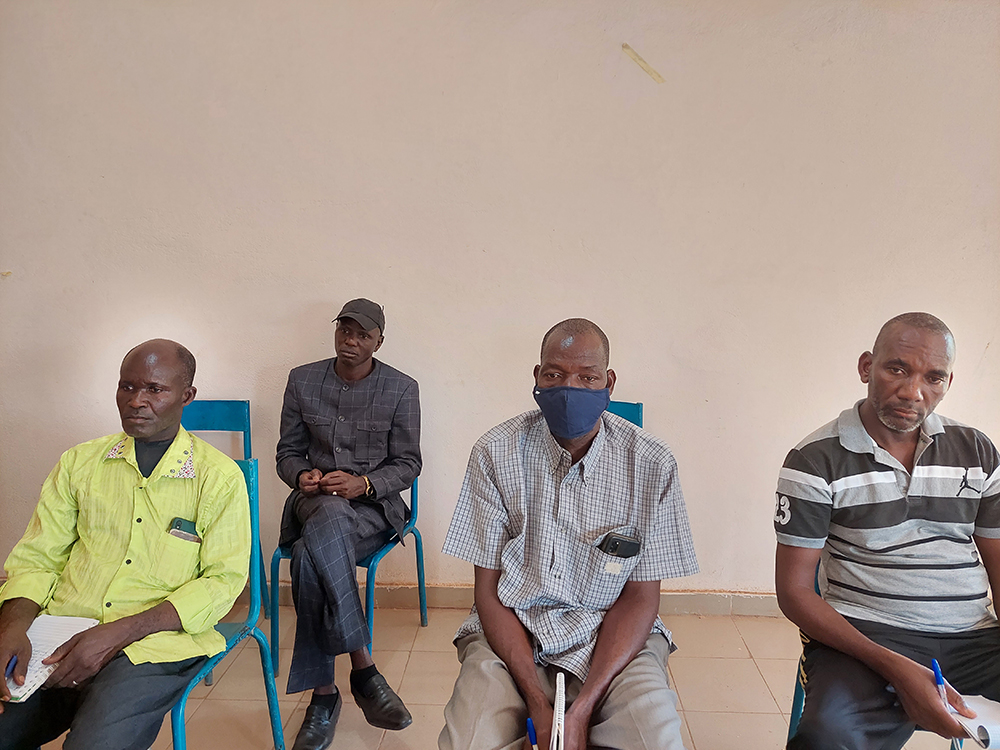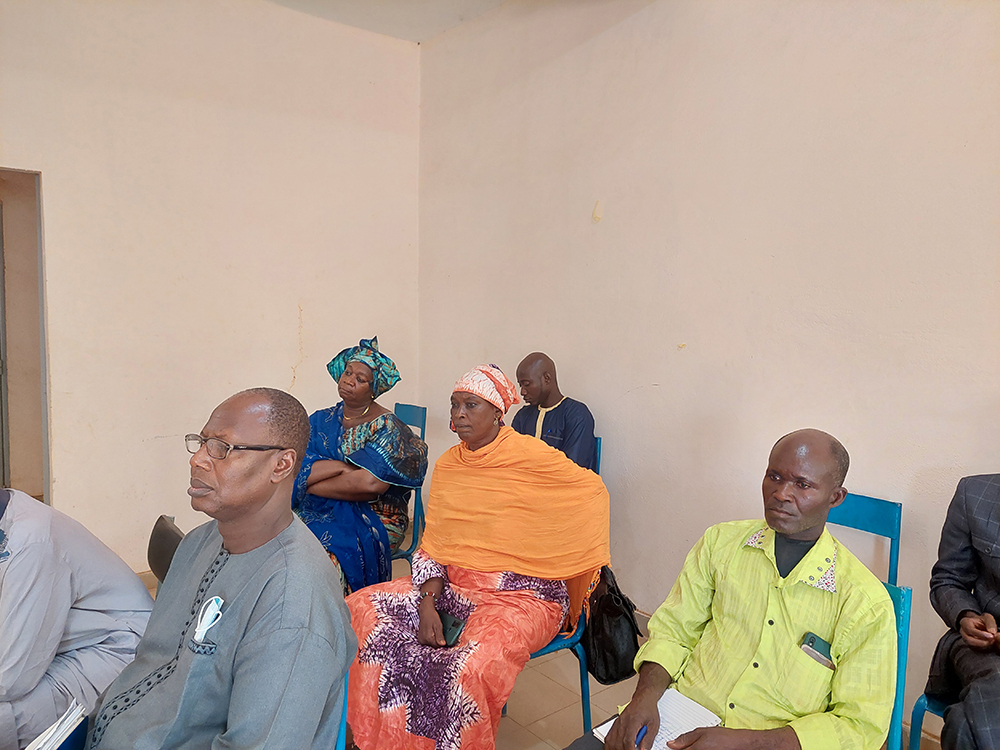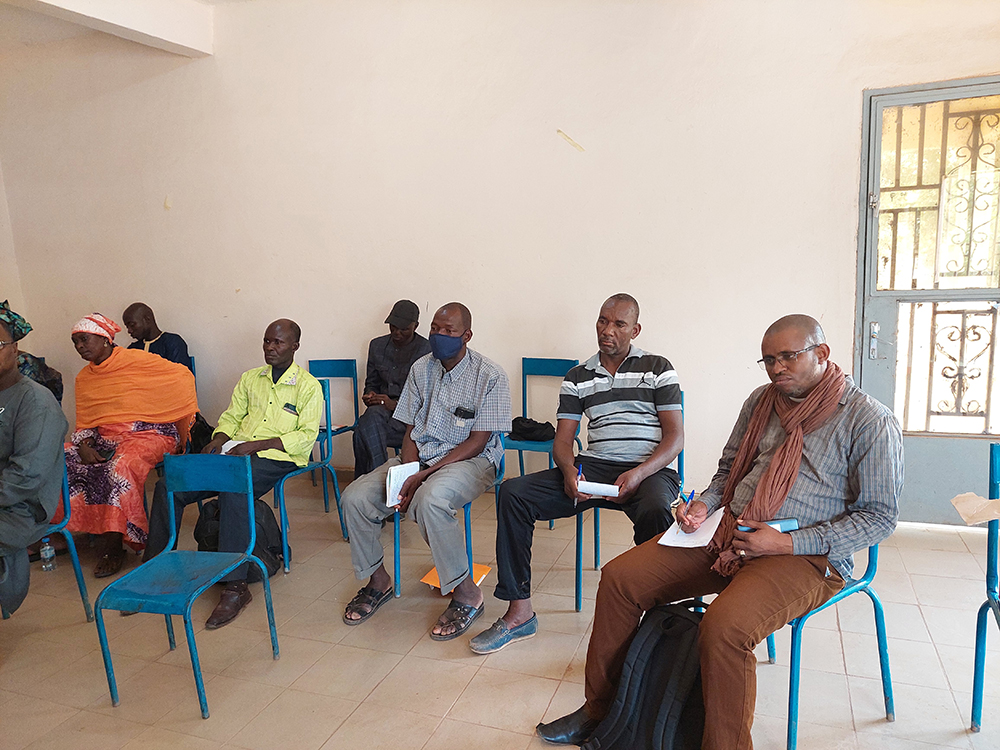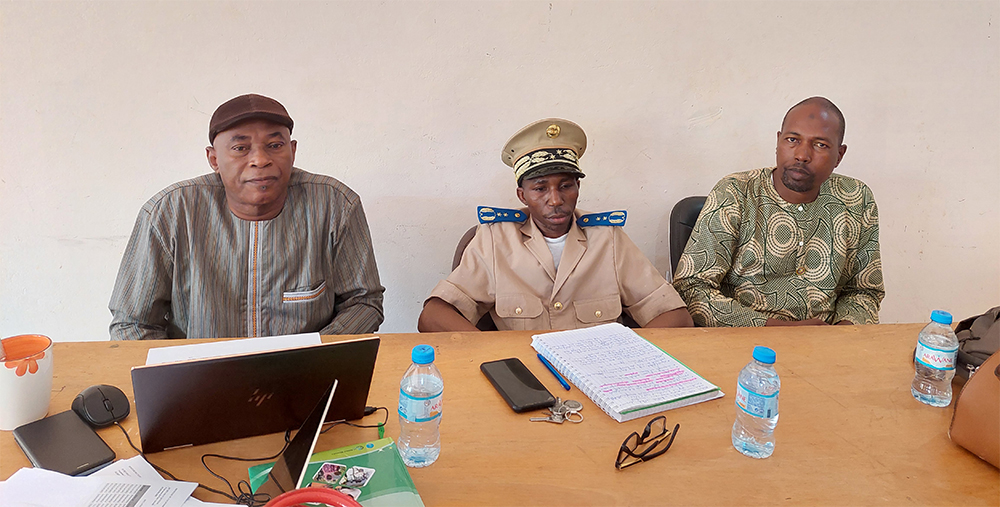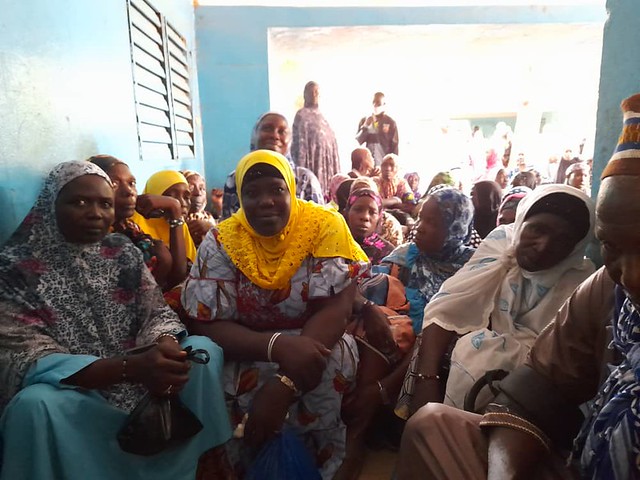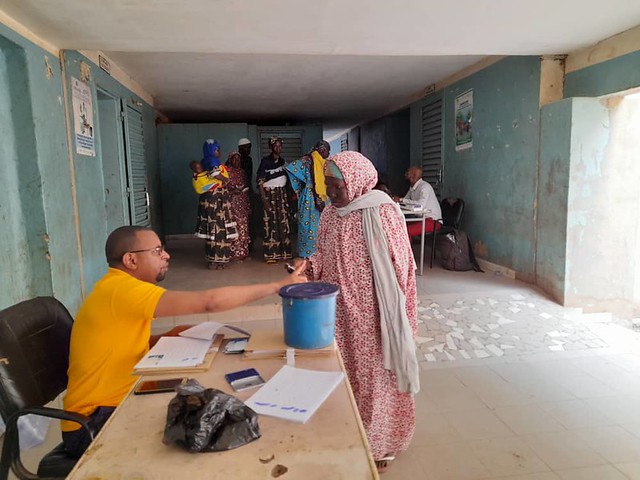Designation: Mali Social Net Program “Jigisèmèjiri”
Client: Ministry of Economy and Finance
Project manager: Social Net Management Technical Unit
OBJECTIVES AND COMPONENTS
The project development objective is to “increase access to targeted cash transfers for poor and vulnerable households, and set up a national system of adaptive social safety nets in Mali”.
The Jigisemejiri Program has four components:
Component 1: Cash Transfers and Support Measures
- Sub-component 1 A: Direct cash transfers to poor households;
- Sub-component 1B: Support measures-MA;
- Sub-component 1C: Preventive Nutritional Package-PNP;
- Sub-component 1D: High Labor Intensity Work – HIMO;
- Sub-component 1E: Income Generating Activities – AGR;
Component 2: Establishment of a national system of basic social safety nets
Component 3: Project management
Component 4: Contingency, Emergency response
FUNDING
The Jigisemejiri Program, initially funded in the form of “Social Nets Emergency Project”, has benefited from:
Mainly from the initial financing of IDA, with US $ 70 million, or around CFAF 35 billion, and a contribution from the State Budget with CFAF 1.2 billion over the period 2013-2018.
From the Government, for the implementation of the Governmental Social Safety Net Project (PGFS) with an amount of 12.5 billion FCFA, over the period 2017-2021;
First additional financing from the World Bank (FA1) of 5 billion CFA francs, funds from the Department for Development Cooperation of Great Britain (DFID), over the period 2017-2019;
Second additional financing from the World Bank (FA2), of US $ 54.4 million, or approximately CFAF 30 billion. FA2 is a donation from IDA and also includes a Multilateral Fund for the Extension of the Social Safety Net Program over the period 2019-2022.
INTERVENTION ZONE
As of December 31, 2018, the Jigisemejiri Social Safety Net Program was operating in 133 municipalities distributed between the regions of Kayes, Koulikoro, Sikasso, Ségou, Mopti, Timbuktu, Gao and the District of Bamako.
From 2020, the operations of the Program will extend to all regions of the national territory with the new funding mobilized, 70 municipalities will be affected by the various interventions of the Program.
PARTNERSHIP RELATIONS
The Jigisemejiri Social Nets Program has signed partnership agreements with the following structures:
- The National Health Insurance Agency (ANAM), for the access of Program beneficiaries to free health care. Over 90% of Jigisemejiri households are enrolled to benefit from this free service;
- The World Food Program (WFP), which to sign a memorandum of understanding with the Jigisεmεjiri Social Nets Program for the period 2018-2019, with a view to strengthening the synergy of actions between the two structures. In this context, he is involved in the implementation of the National Response Program-PNR. 31,513 households benefiting from jigisemejiri, distributed between the regions of Kayes, Koulikoro, Ségou, Mopti and Gao received emergency cash transfers of CFAF 60,000 each in 2018-2019.
- The Food and Agriculture Organization of the United Nations (FAO), a collaboration protocol on a CASH + pilot project with the Jigisemejiri Social Nets Program has been signed and is being implemented in the Yanfolila circle. Jigisemejiri beneficiaries, in addition to cash (cash transfers), receive livestock and market gardening kits to strengthen their food security and resilience.
KEY RESULTS
In 2019, the Jigisemejiri Program completed the first phase of implementation of cash transfers in 133 municipalities in the country. Initial funding has made it possible to achieve all of the Program’s development objectives. The number of households having had access to money transfers since the start of the Program, reached 79,168 households out of a forecast of 80,000 households, an achievement of 98.96%.
The accompanying measures operations were completed in the last regions in 2019. For a target of 283,000 households, 280,663 households from 106 beneficiary municipalities participated in the accompanying measures operations over the 2014-2019 period, or 99.18%.
The Income Generating Activities (IGA) and High Labor Intensity Public Works (HIMO) subcomponents, integrated into the Program in 2017, helped improve the resilience of poor and vulnerable households receiving cash transfers. During this first phase of the Program, 10,000 IGAs were financed and made available to poor and vulnerable households who benefited from the Cash Transfer Program.
On November 28, 2019, the Unified Social Register (RSU) was officially launched. The RSU is an essential coordination instrument for sharing data and avoiding duplication with the same beneficiaries. It covers data from contributory and non-contributory social protection schemes. The Jigisemejiri Social Safety Net Program through its RSU Technical Unit ensures the development, deployment and operationalization of this privileged instrument for steering the national social protection policy.
OUTLOOK
Under Monetary Transfers (TM), the Program plans to make payments through the World Bank in the course of 2020, in all regions of Mali, through additional financing (FA2). Thus, it is planned to make cash transfers to 41,609 new poor and vulnerable households. Under the Accompanying Measures (MA), NGOs will be recruited to conduct the Accompanying Measures operations in all the new FA2 intervention areas, but also in the PGFS areas, where the operations had not was able to start due to difficulties in mobilizing state resources.
In the area of High Labor Intensity Public Works (HIMO), efforts will be devoted to the finalization of the 400 community works that started on FA1. As income generating activities (IGAs), the Program plans in 2020 to finance 23,000 IGAs for the benefit of former TM beneficiaries and specifically for women and to support the cost of membership fees for beneficiaries leaving mutuals. of.
In total, the PTBA 2020 amounts to 15,309 billion FCFA, compared to 14,523 billion FCFA in 2019. The implementation of PTBA 2020 will complete the implementation of the Jigisemejiri Social Safety Net Program in all regions of Mali, but also and above all to offer opportunities to thousands of other poor and vulnerable households, to ensure their food security and improve their living conditions.





